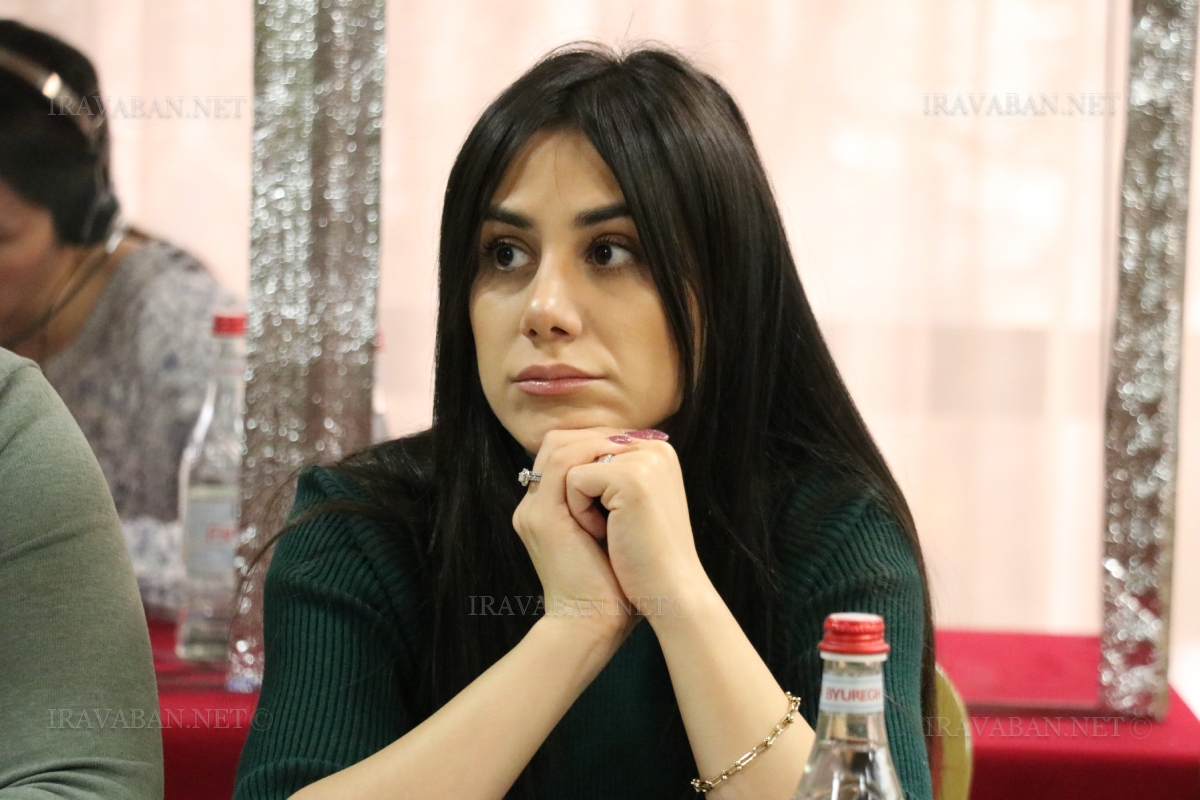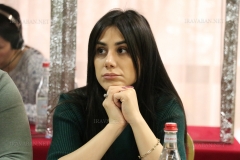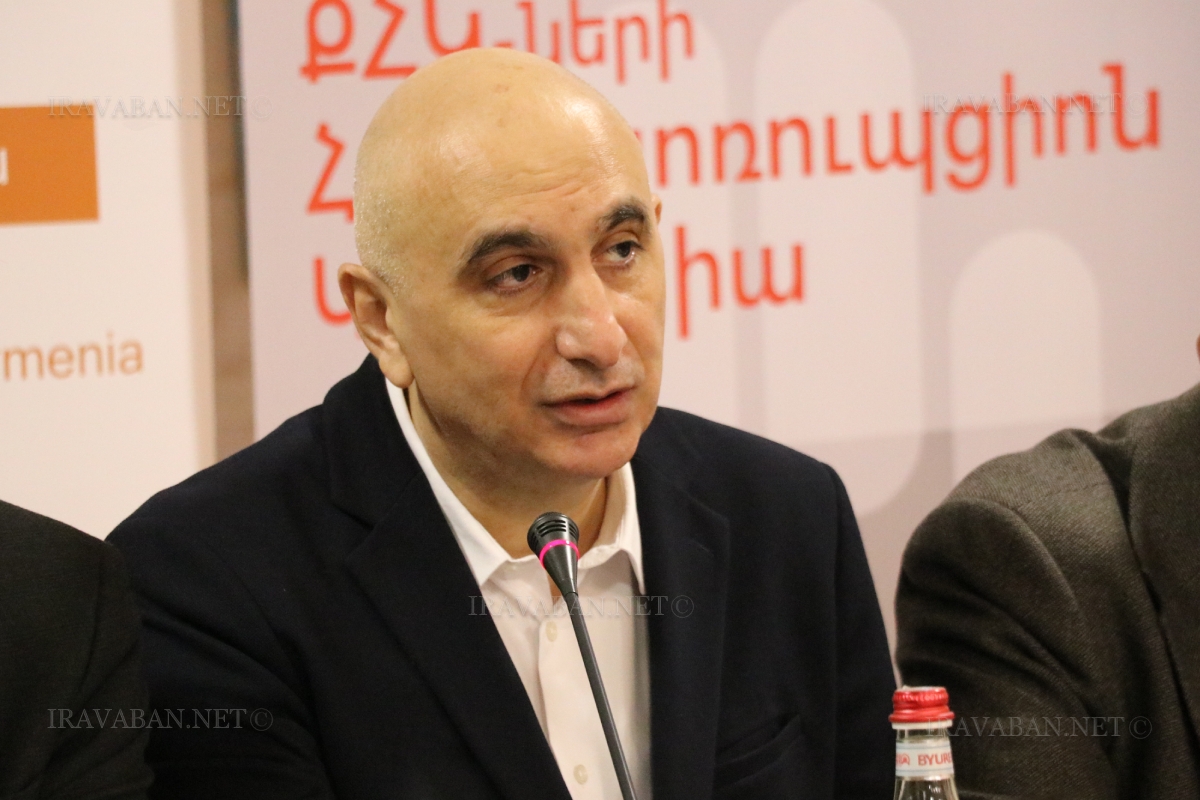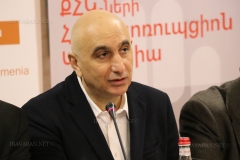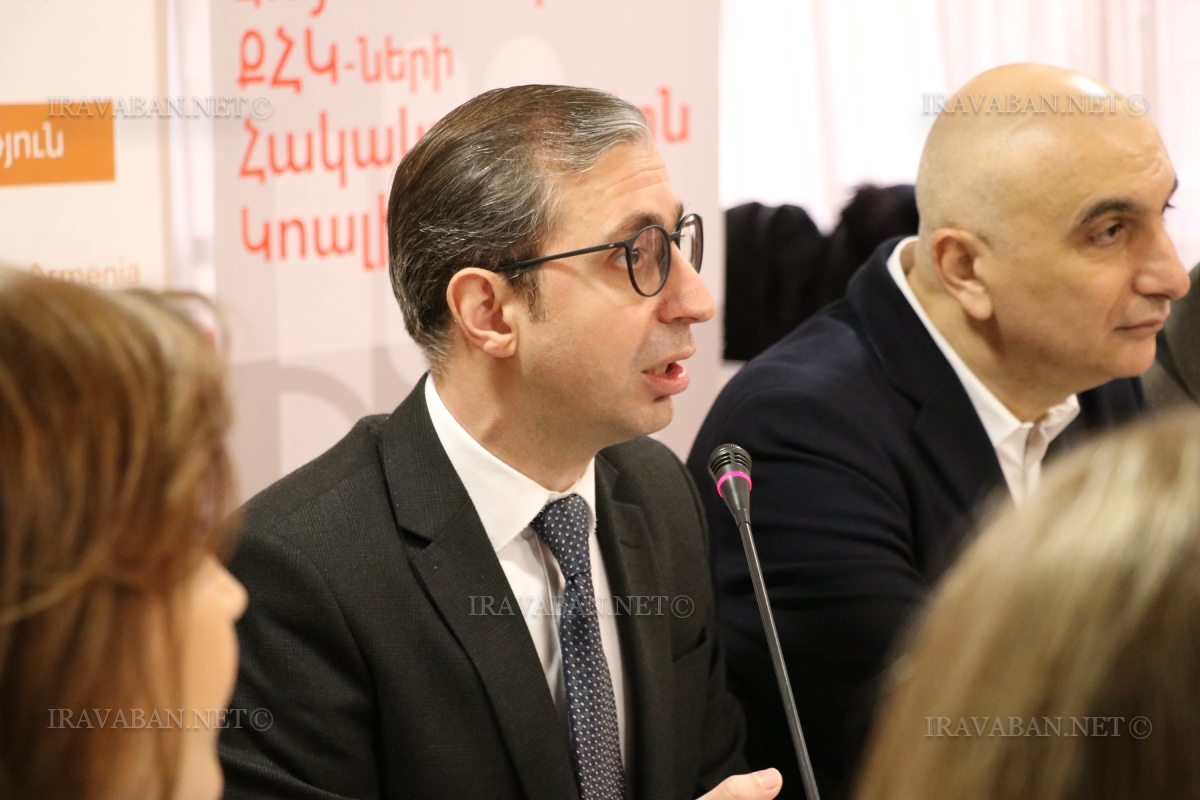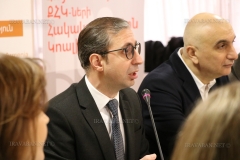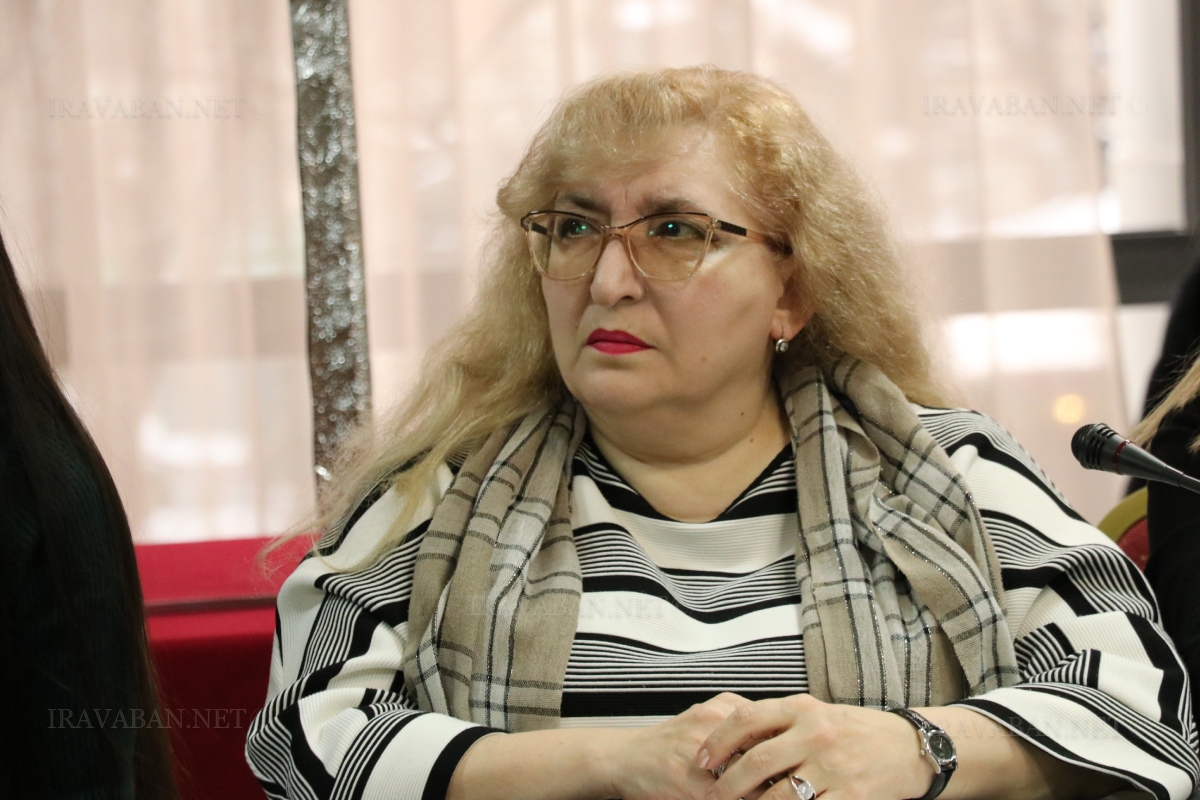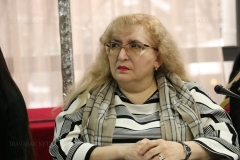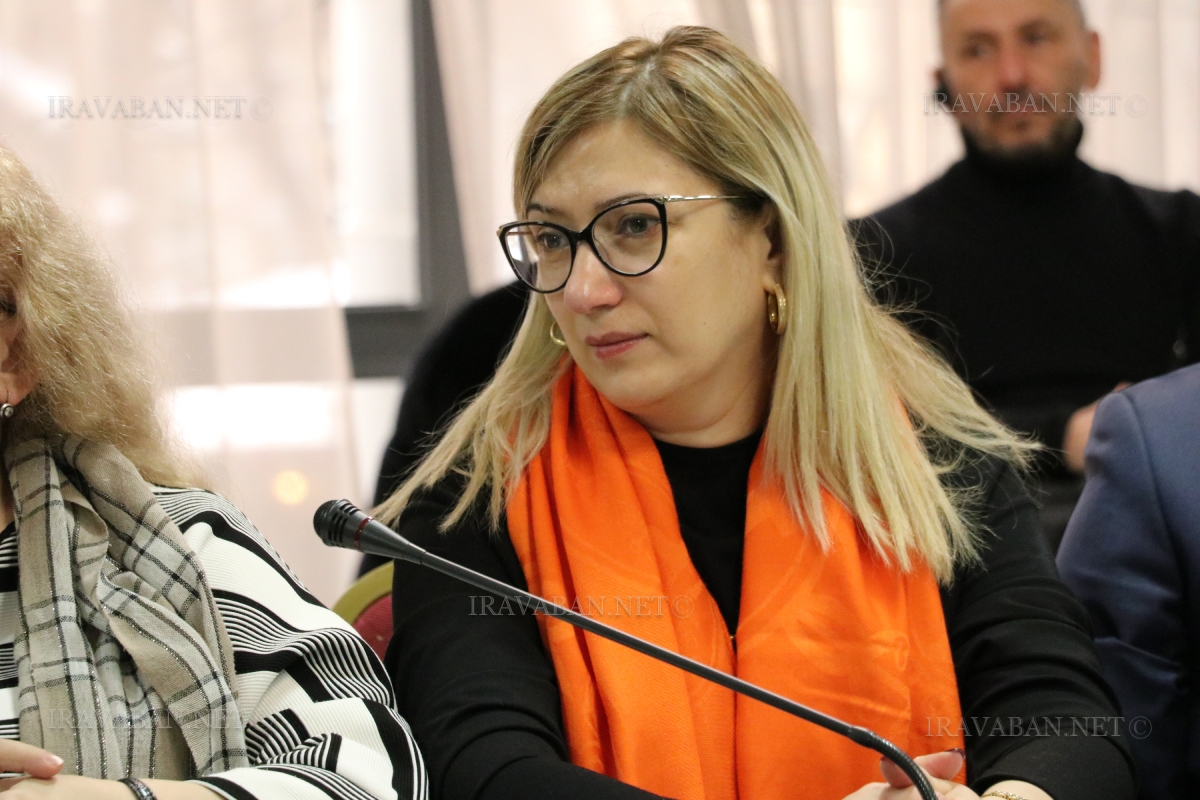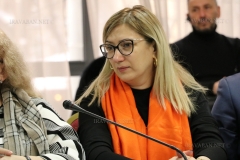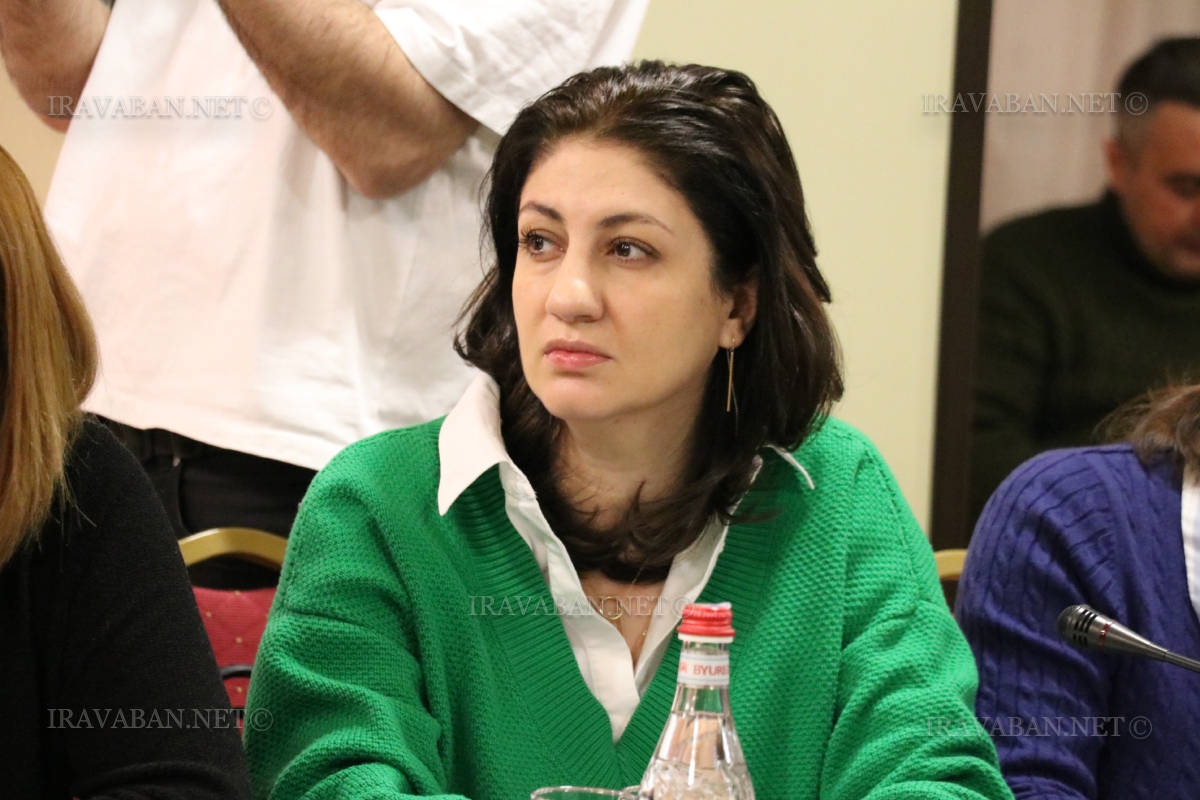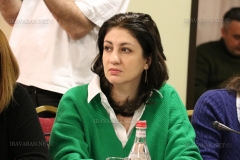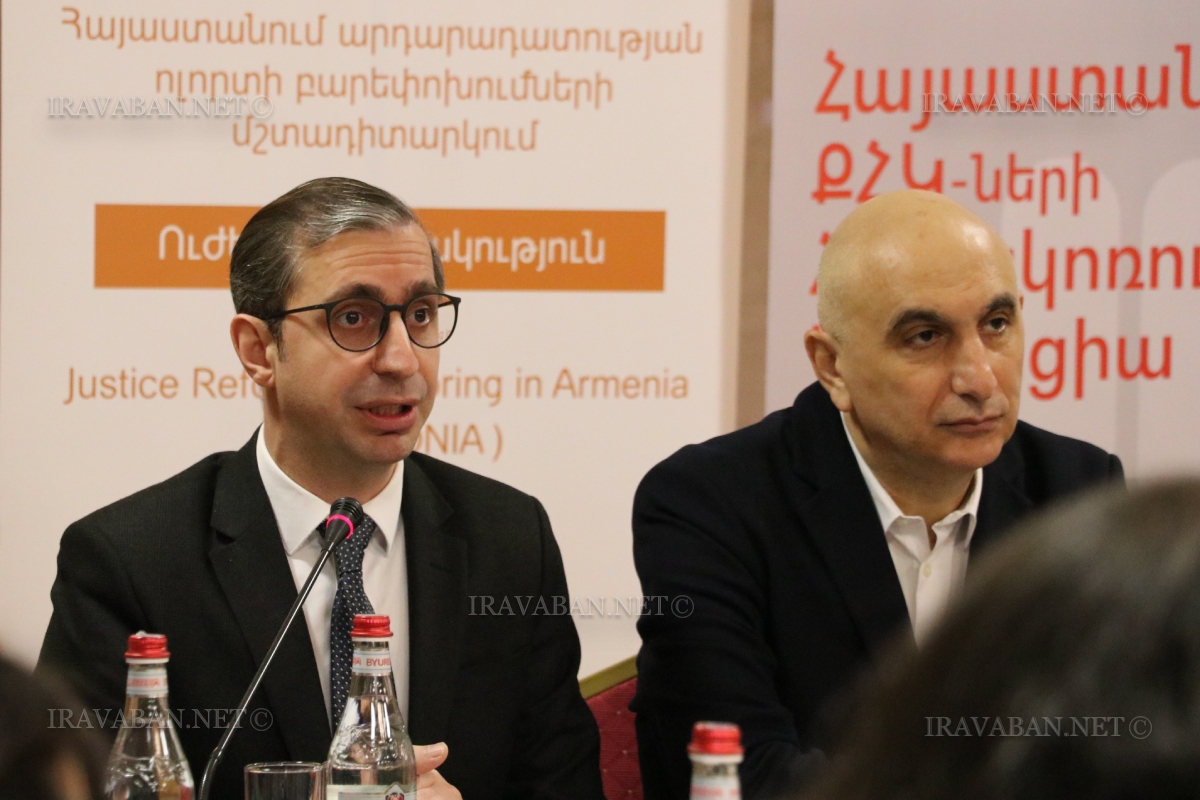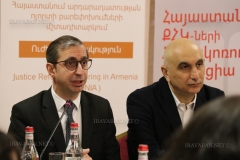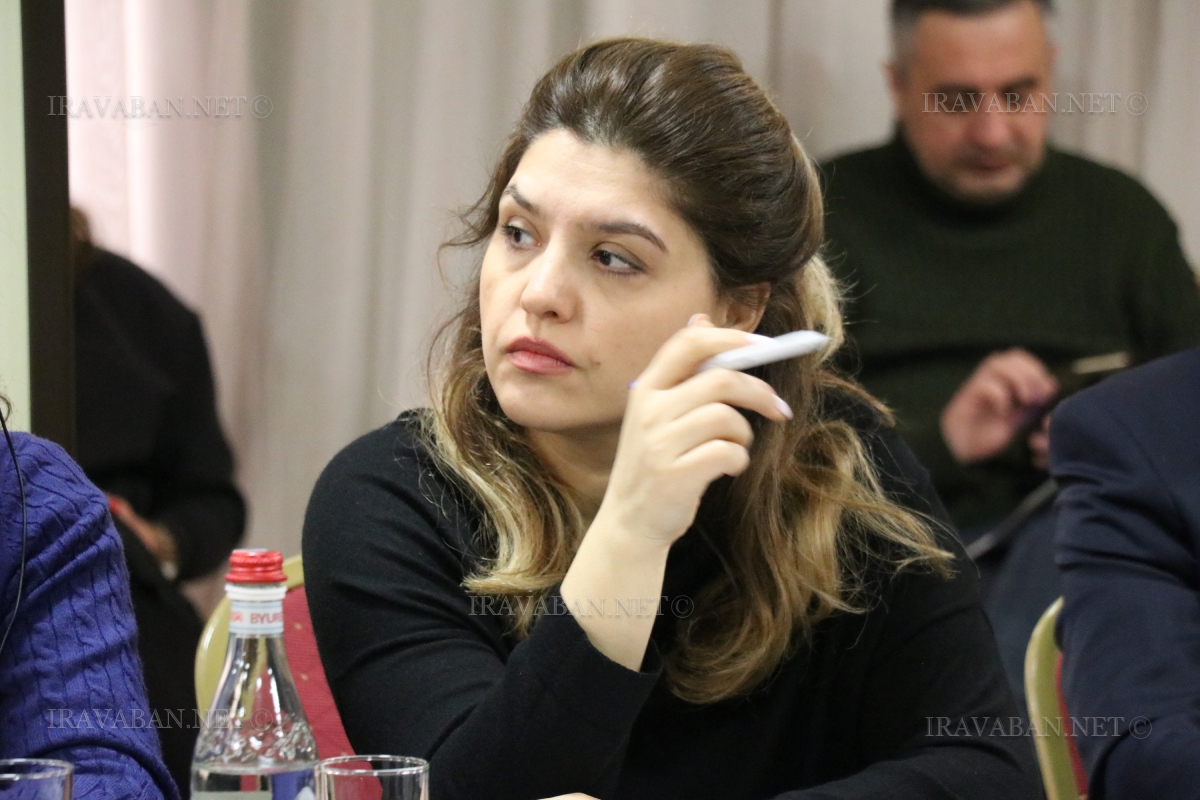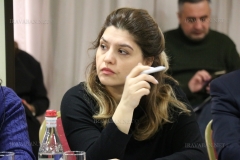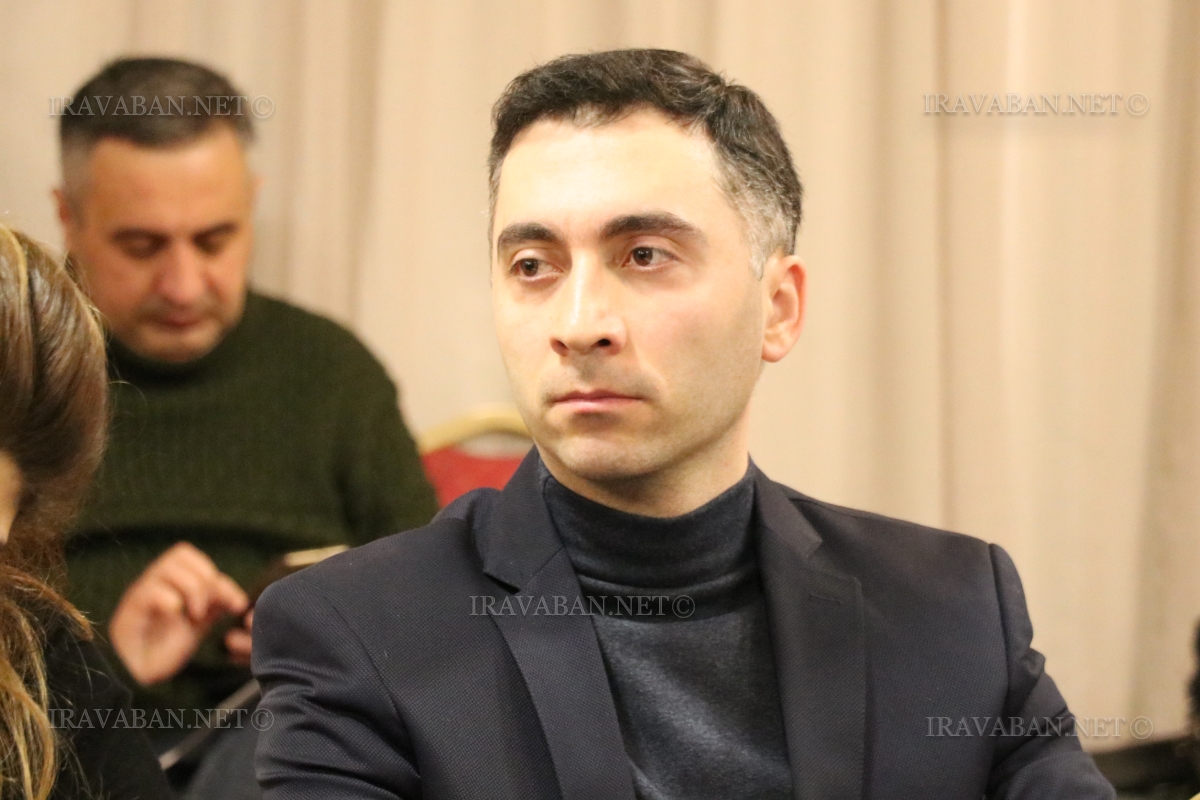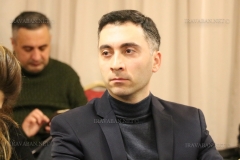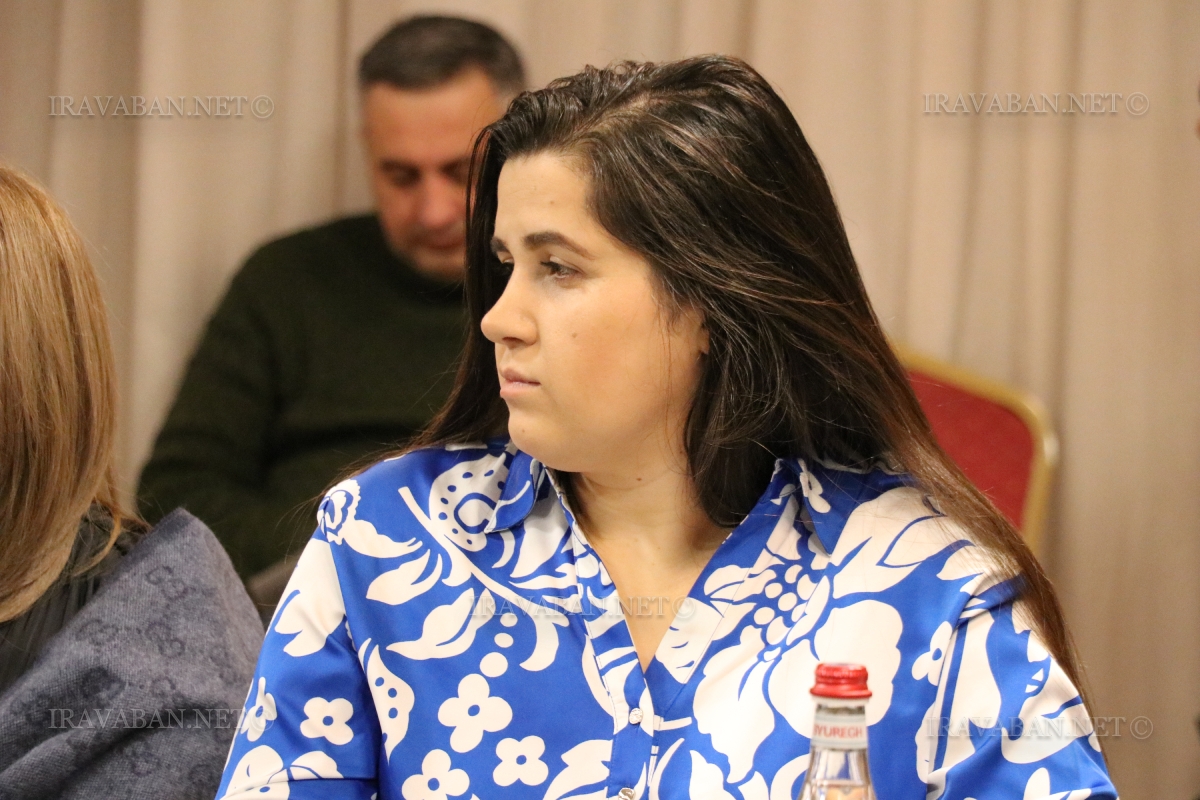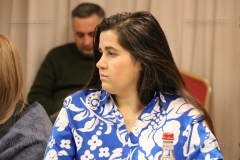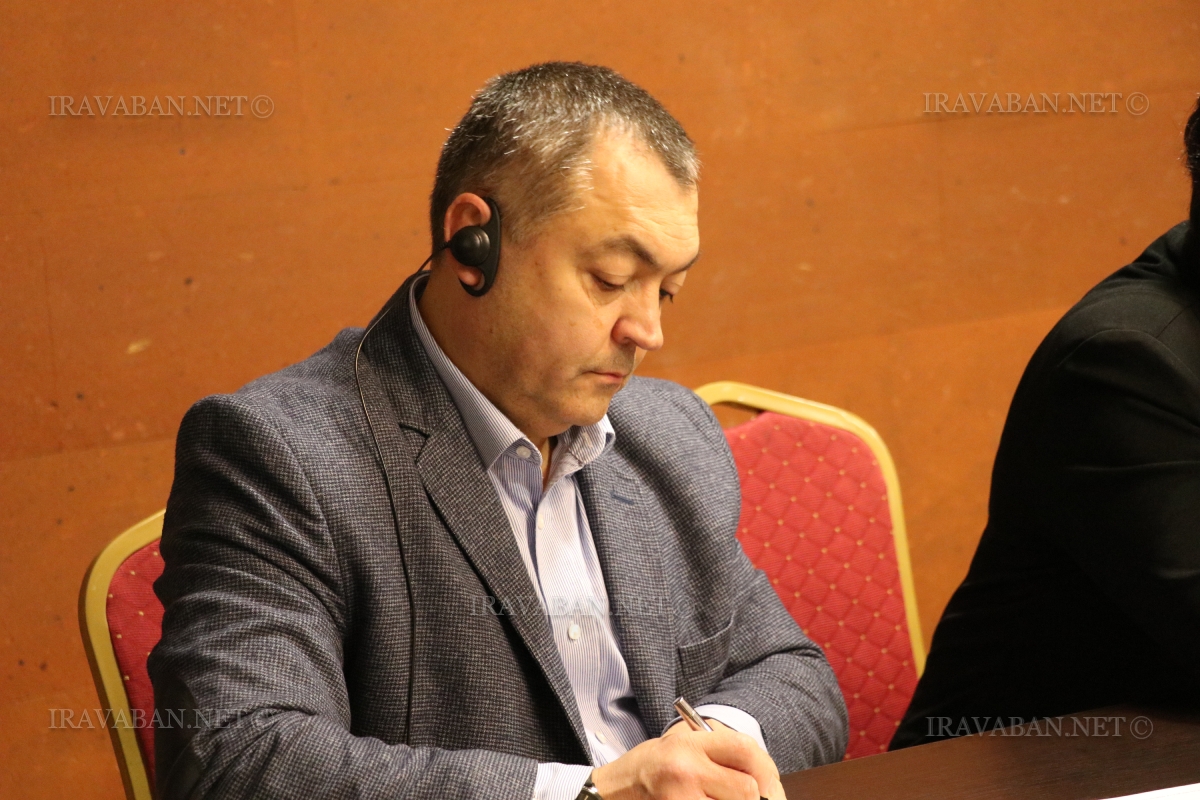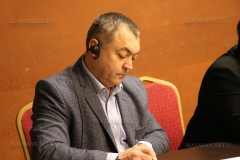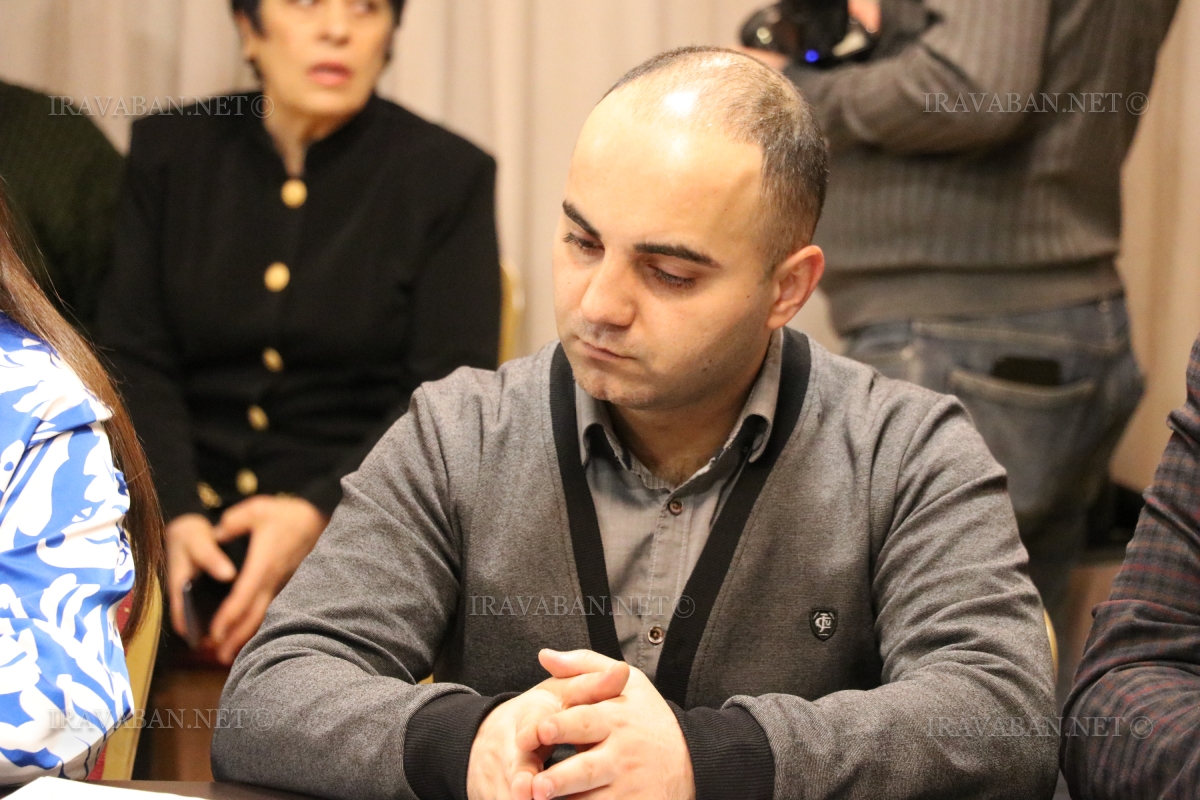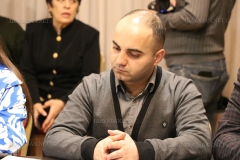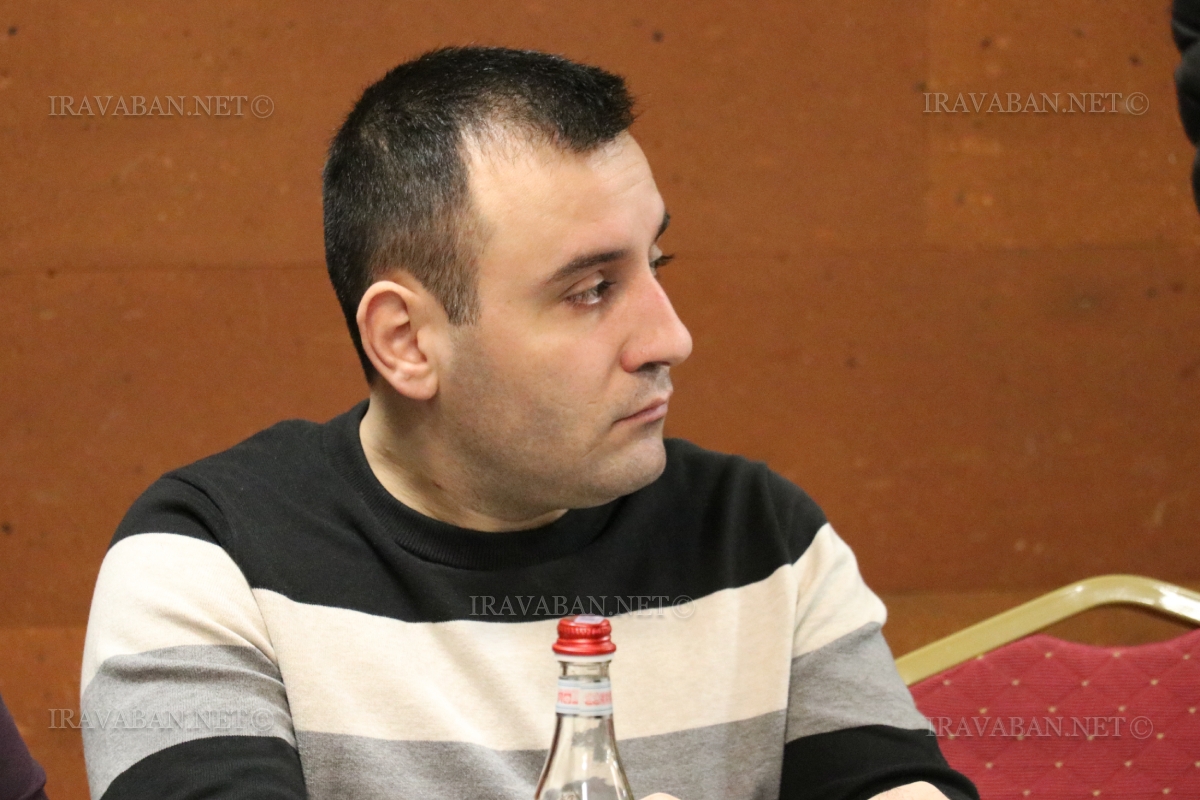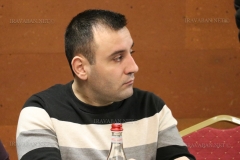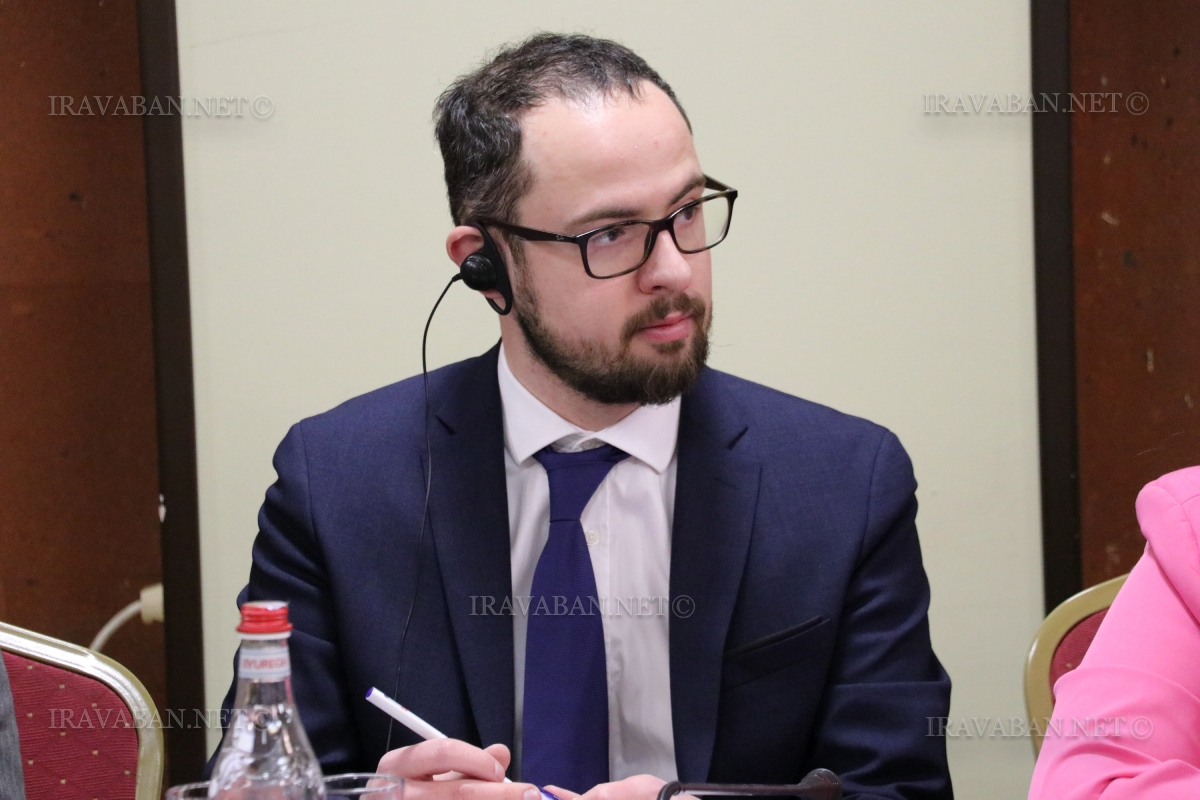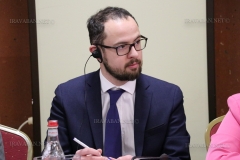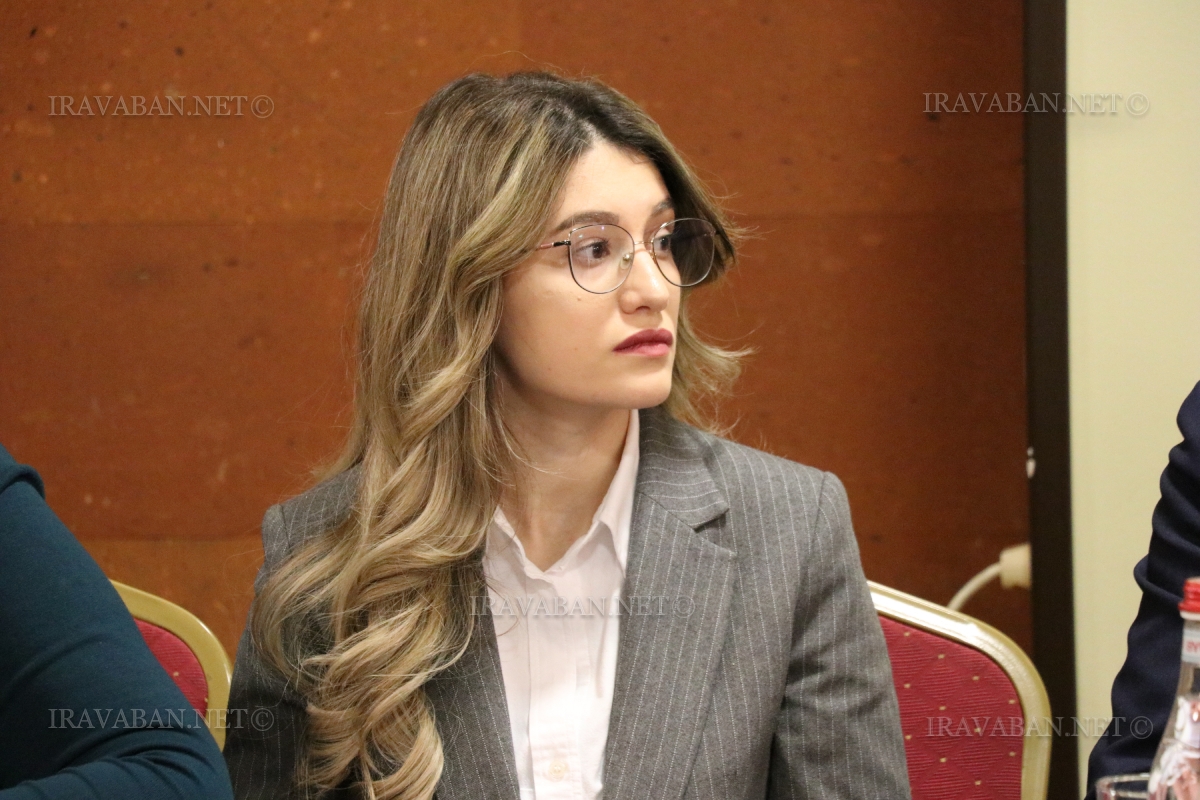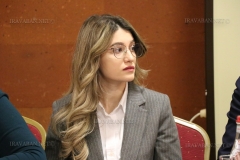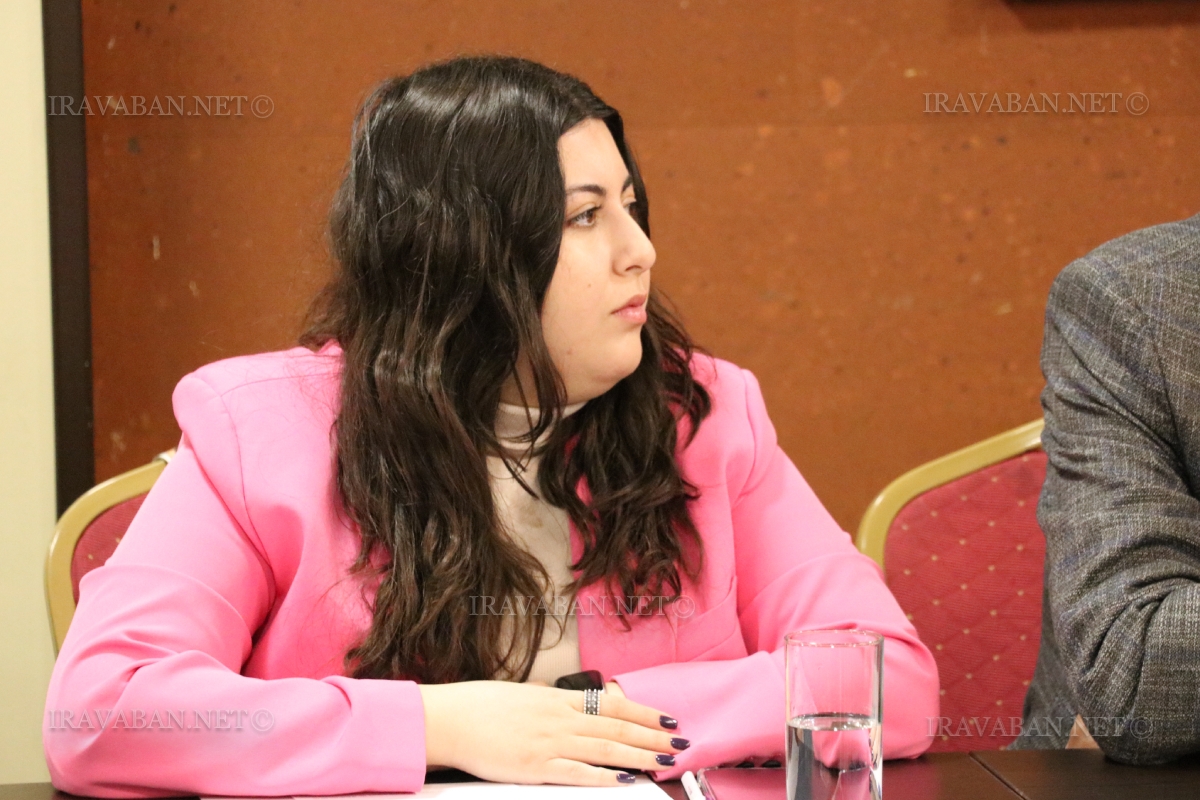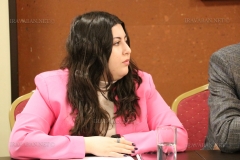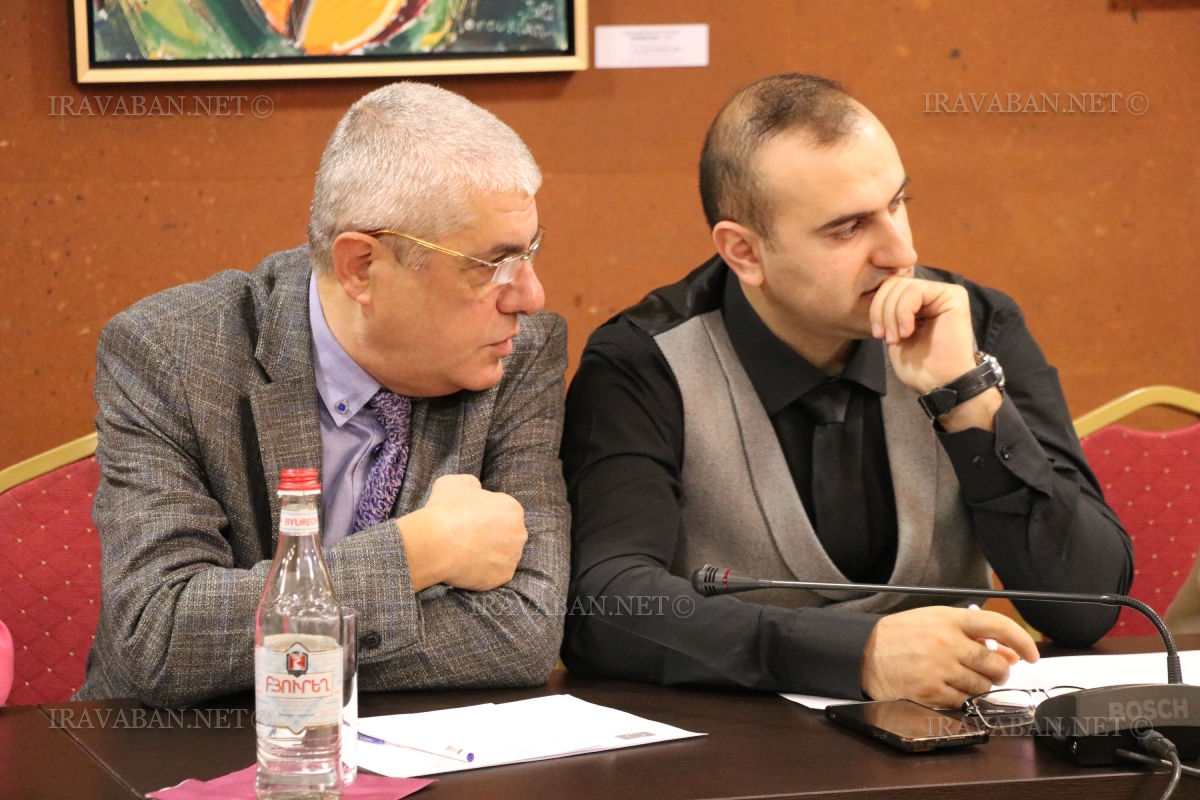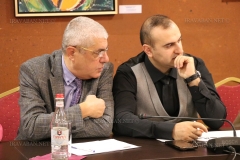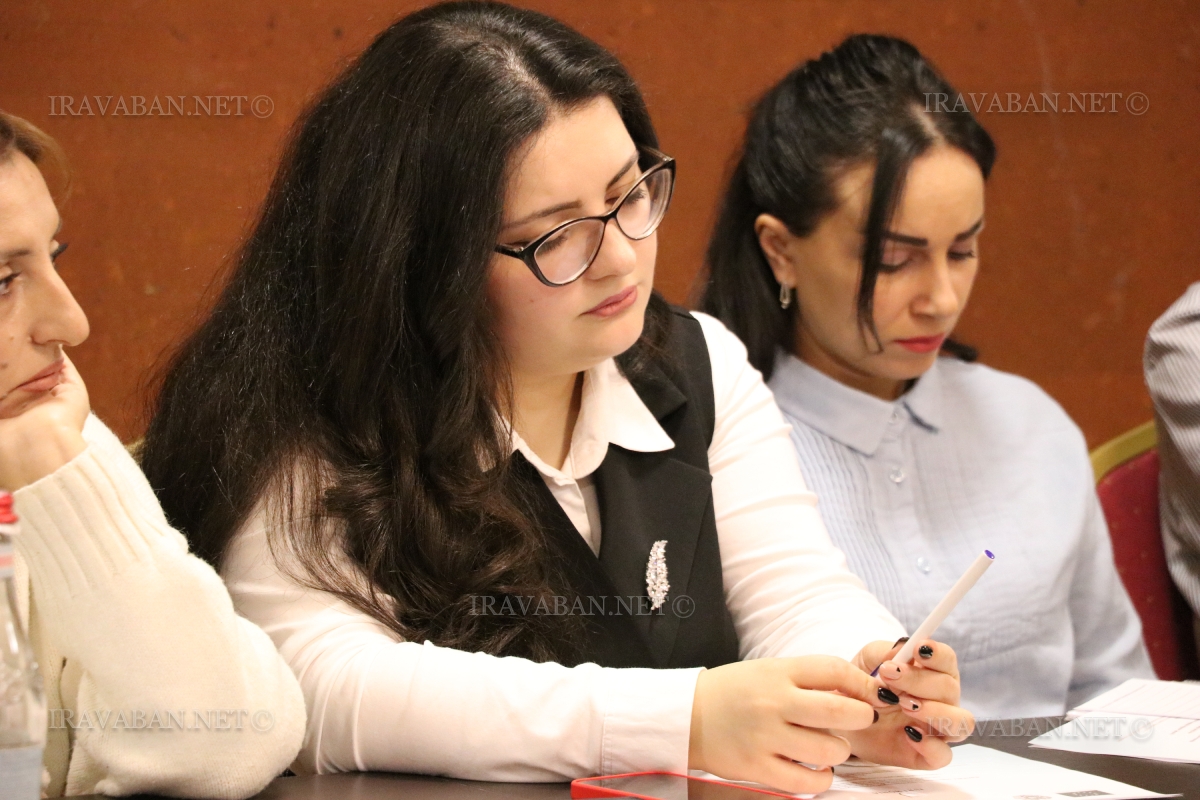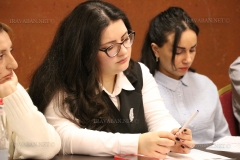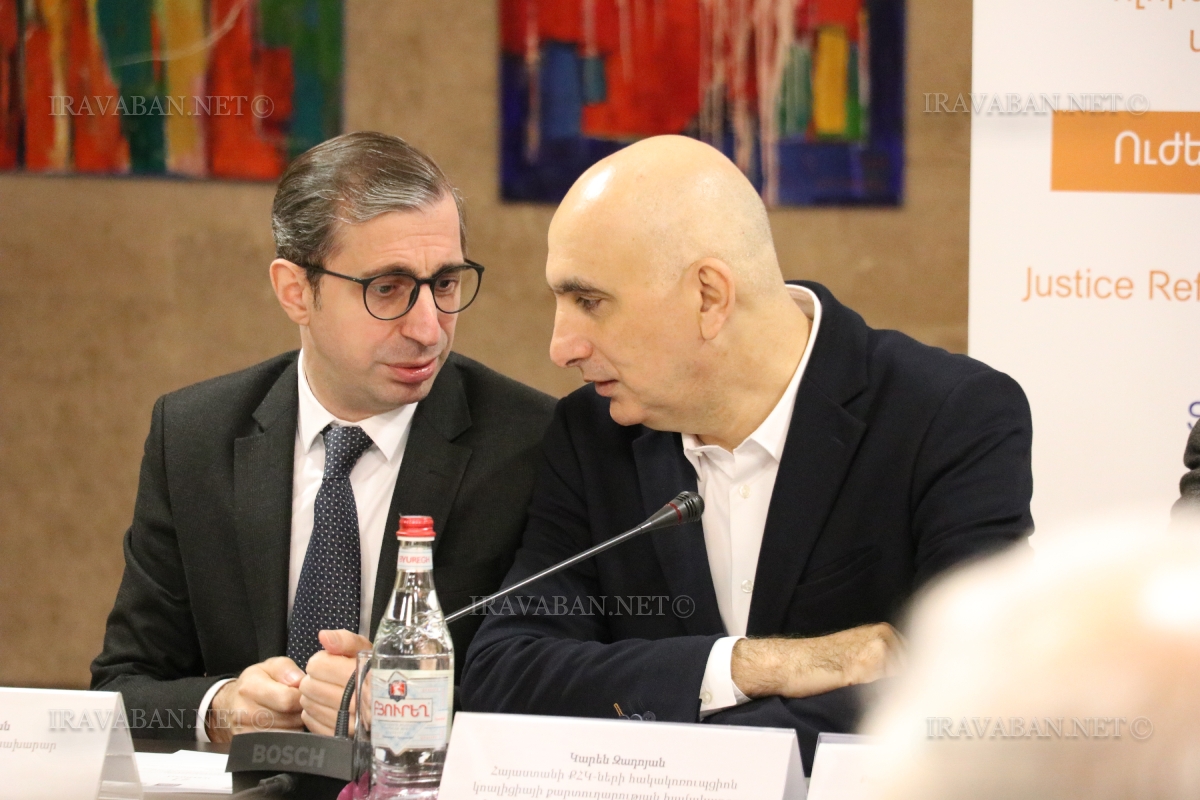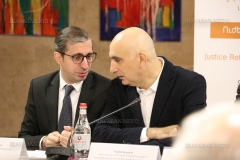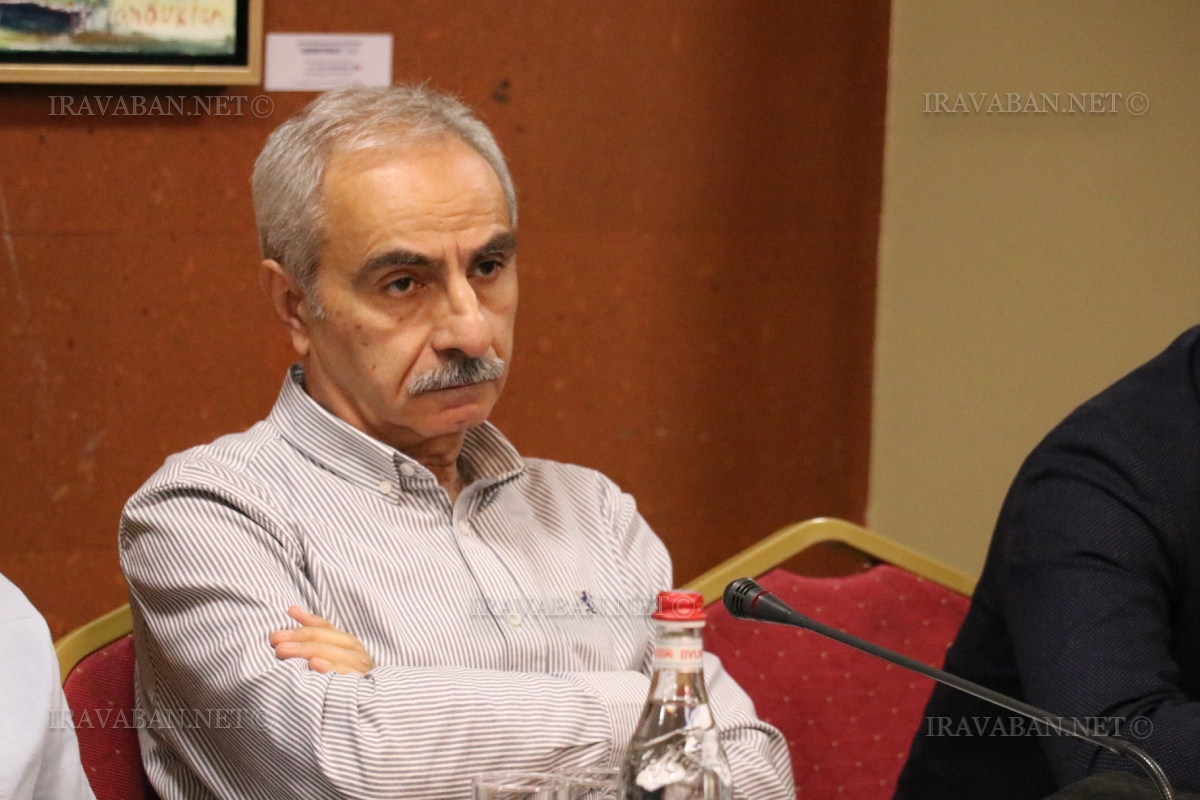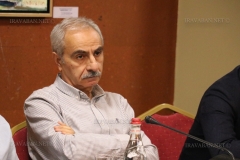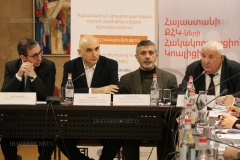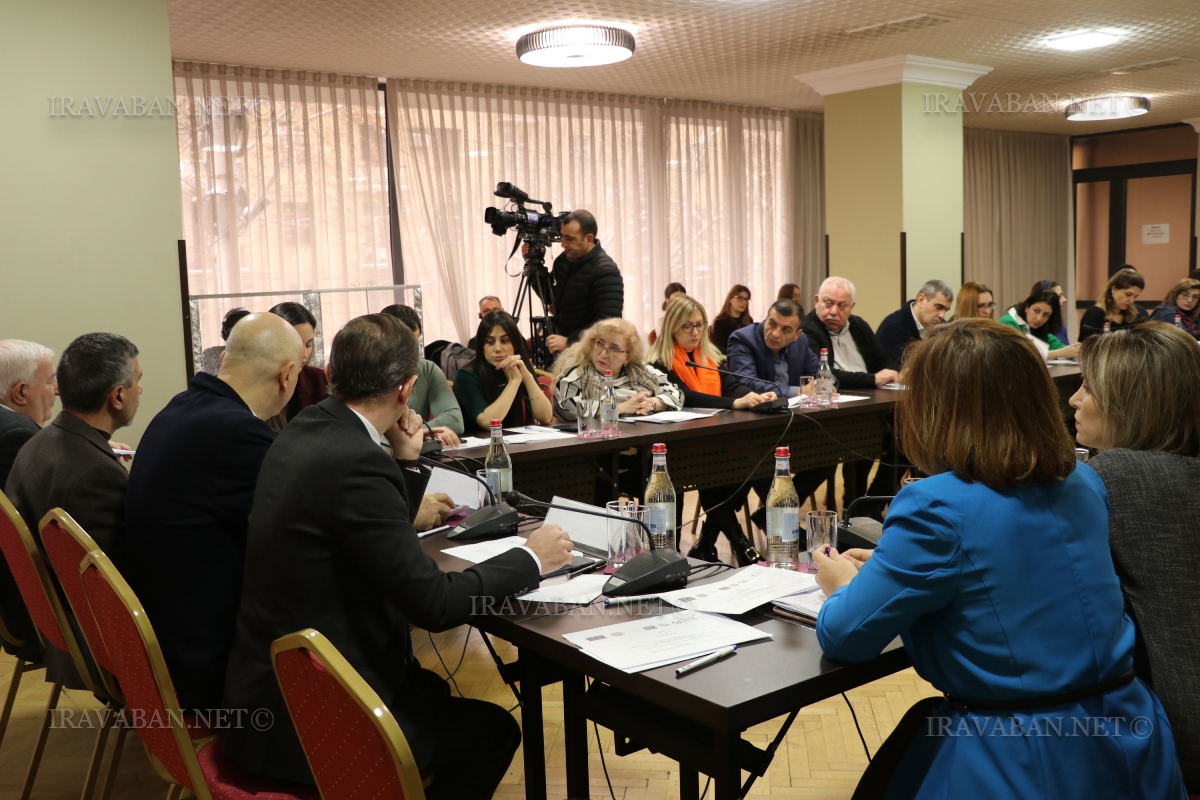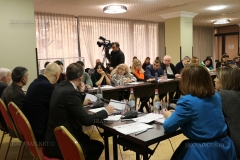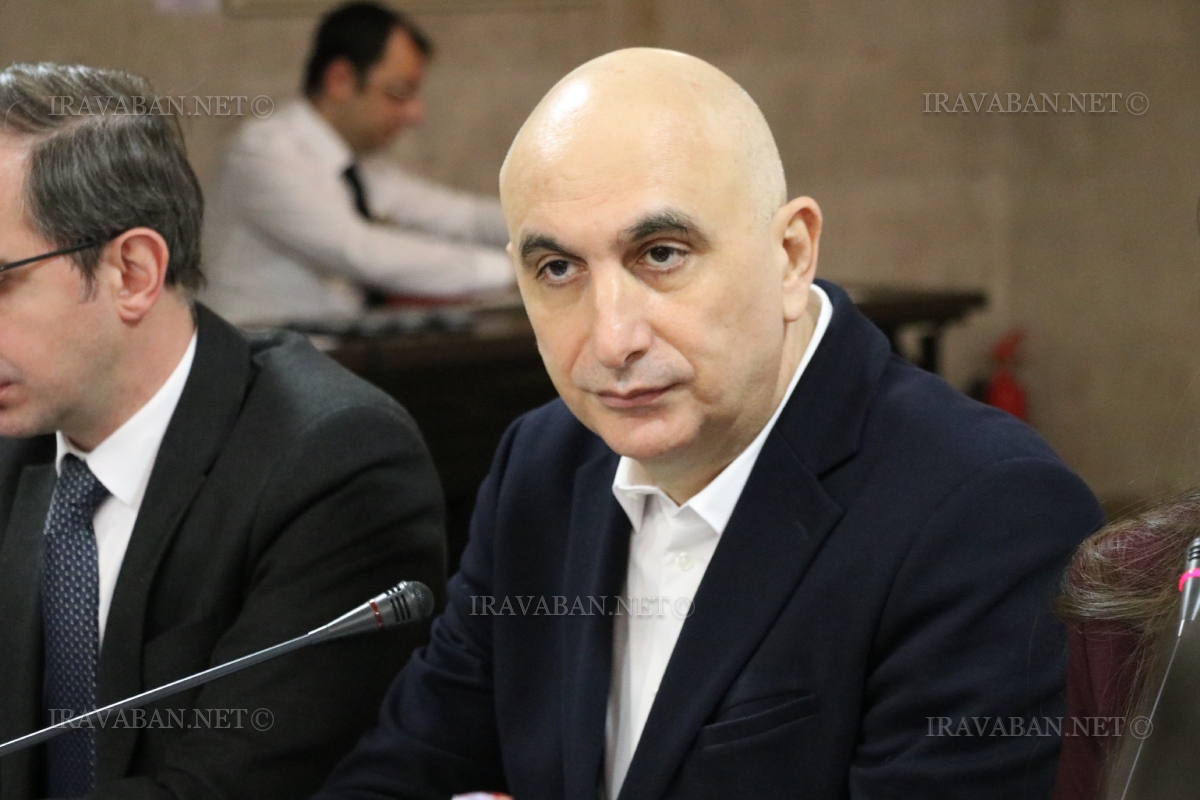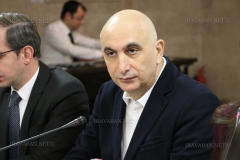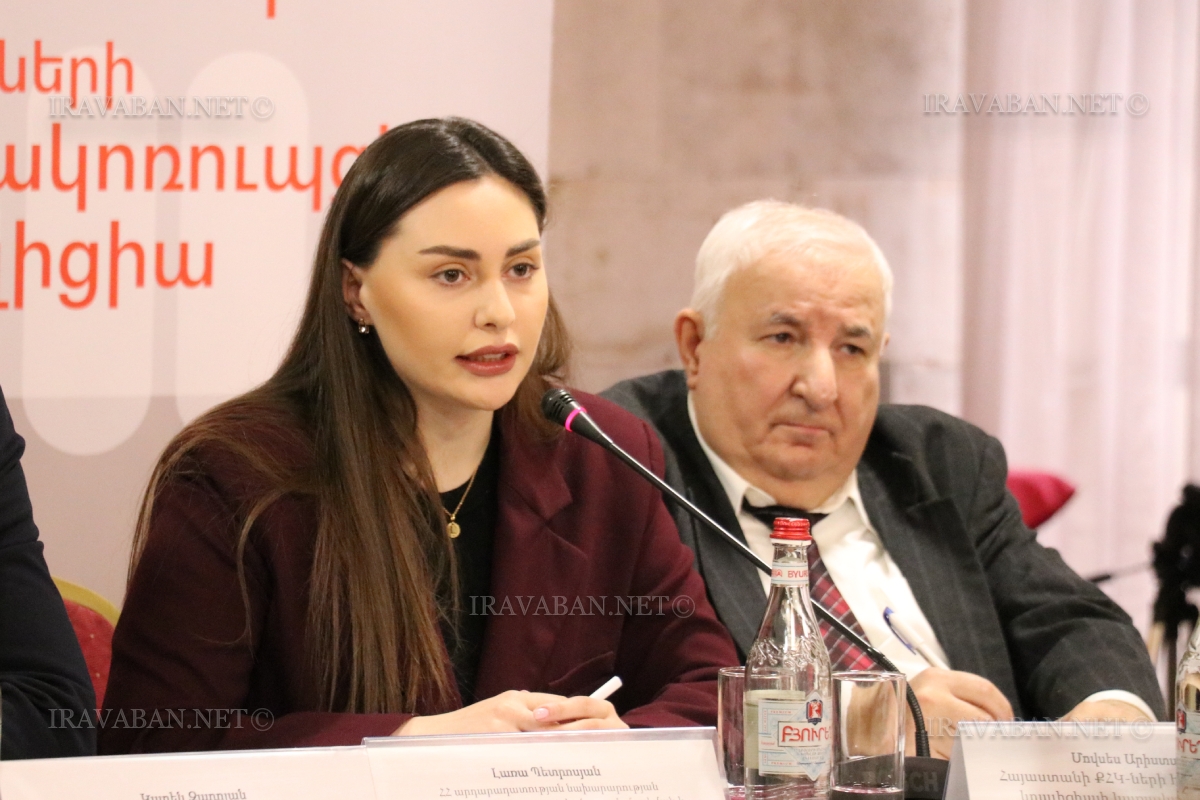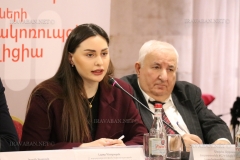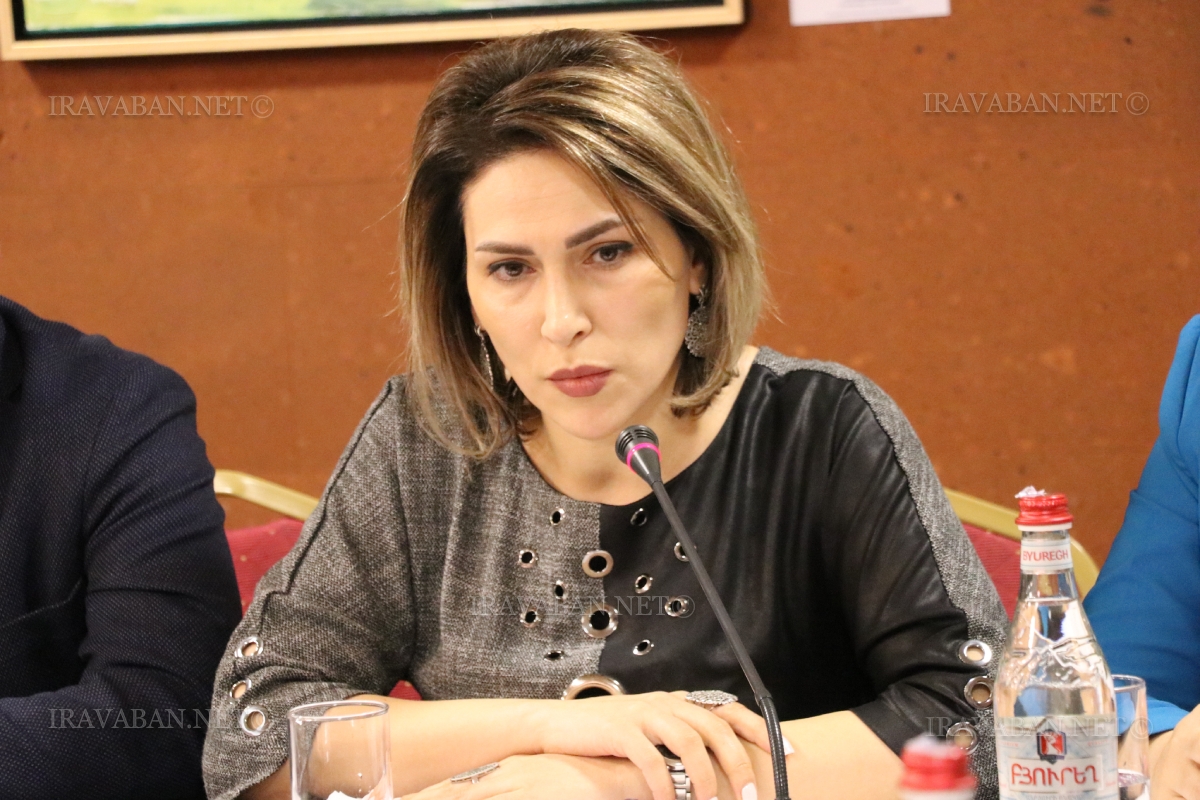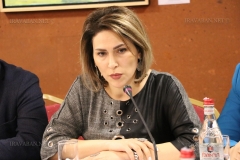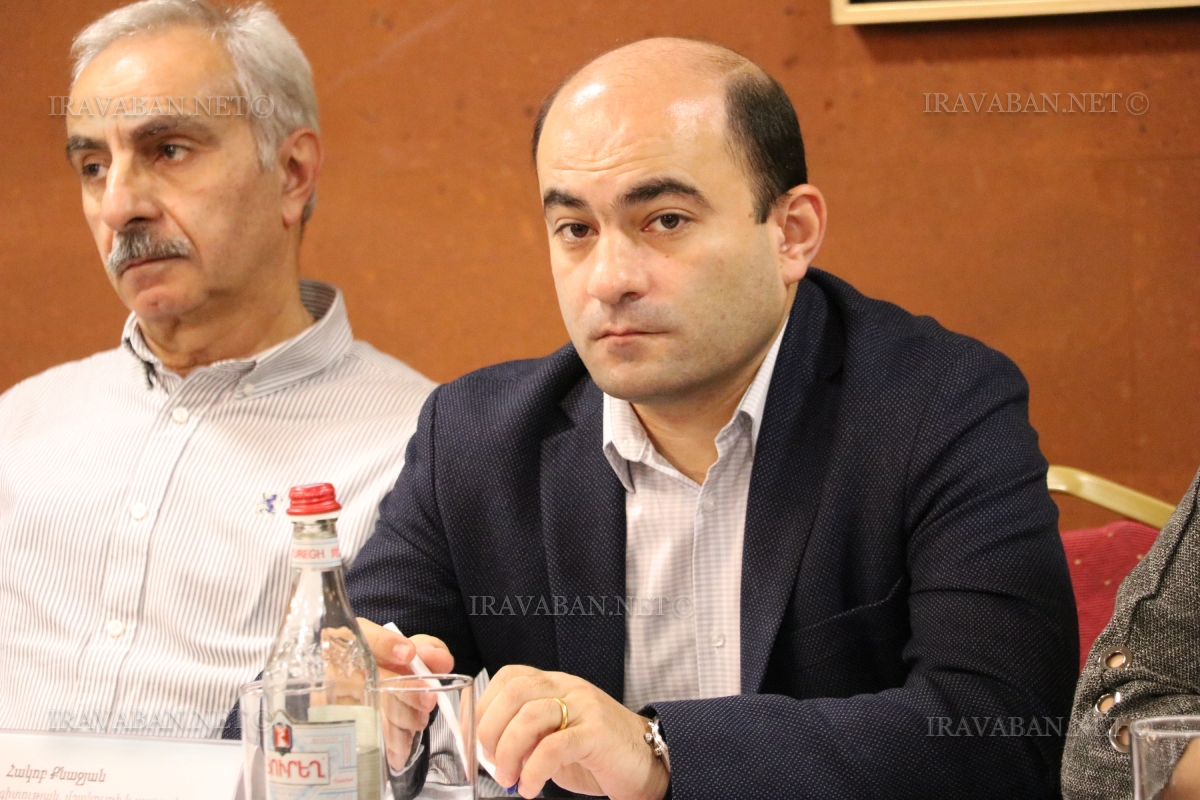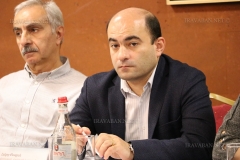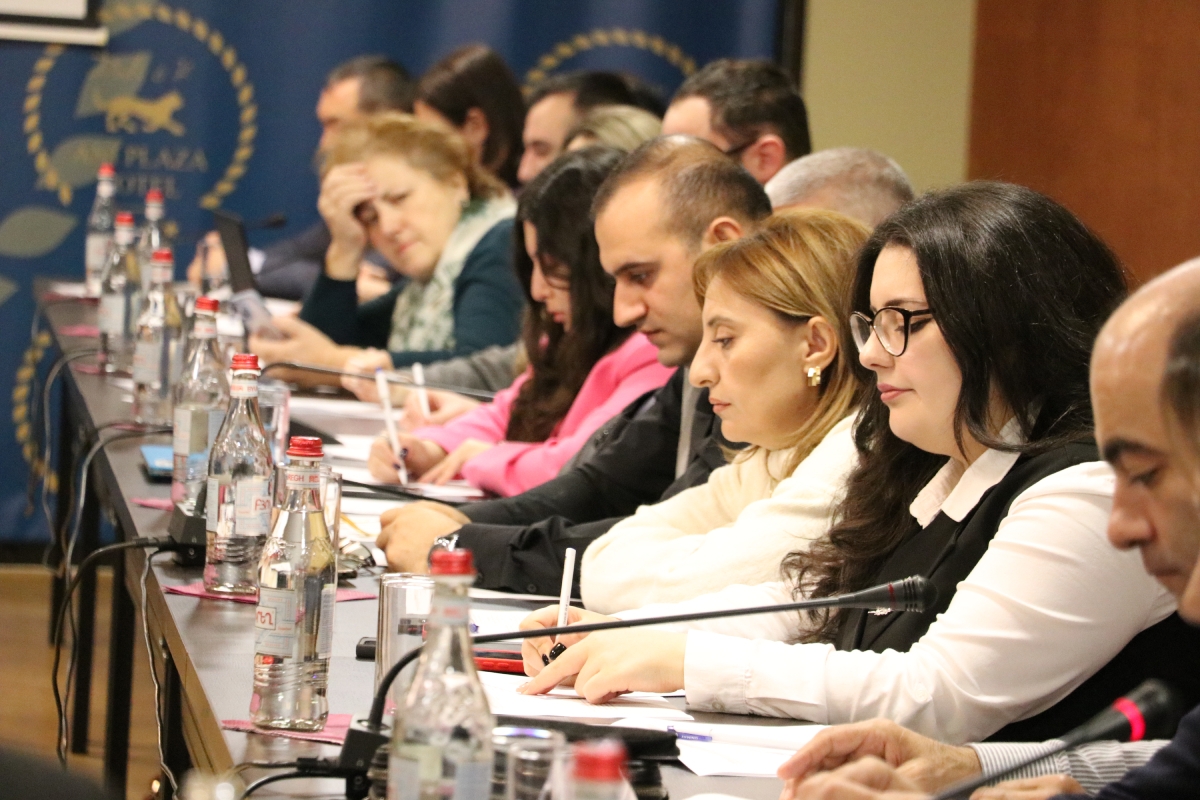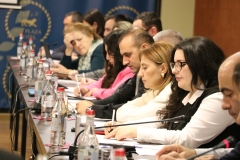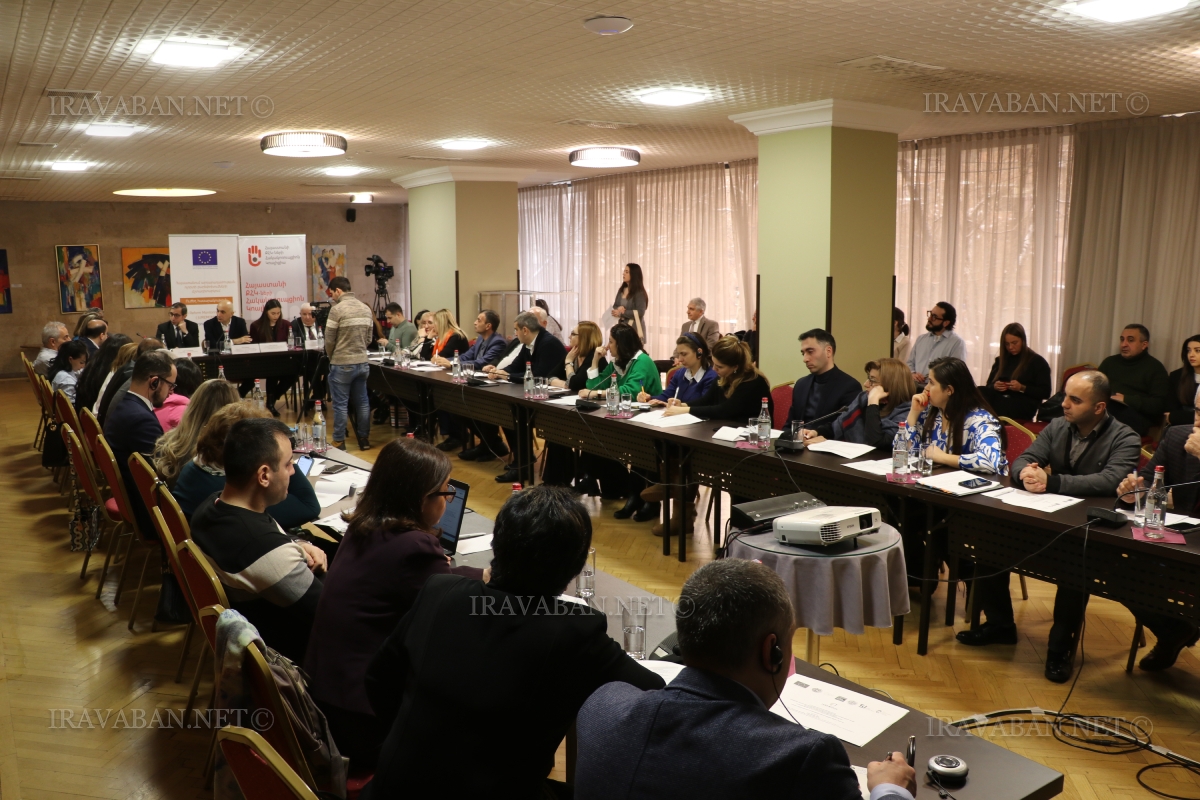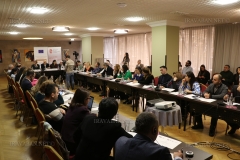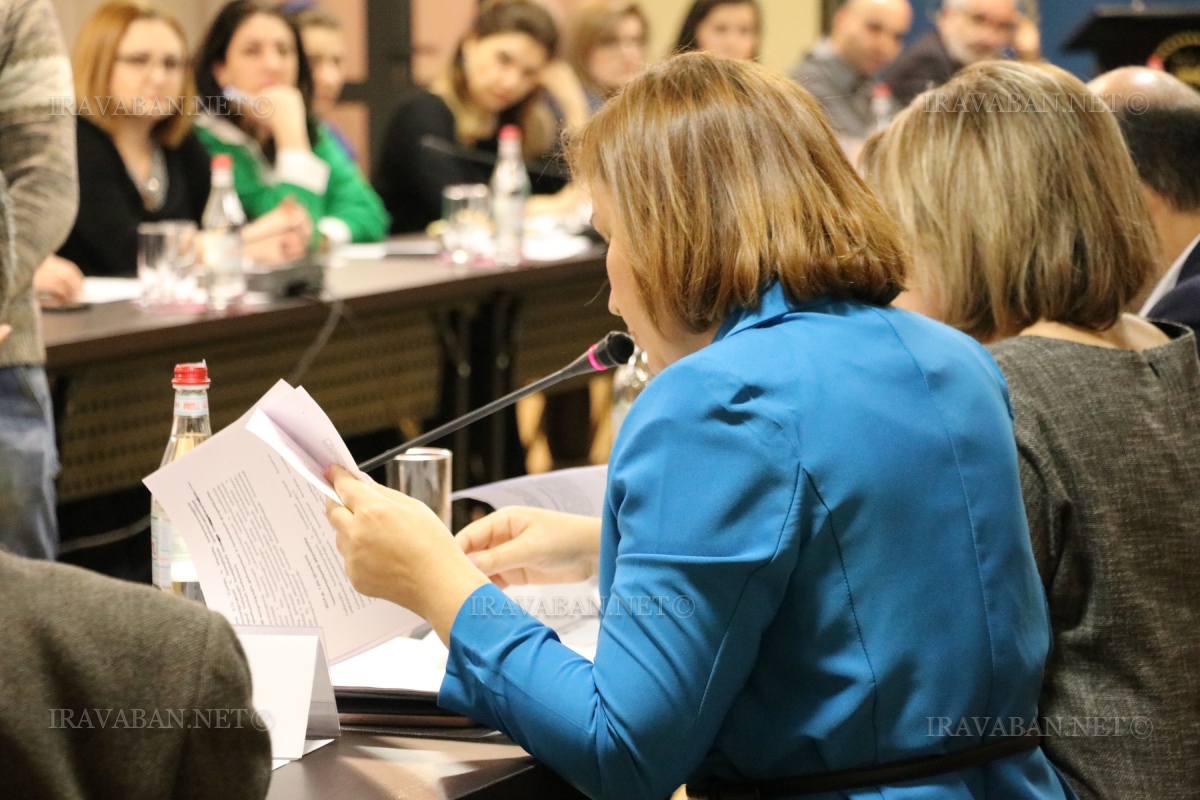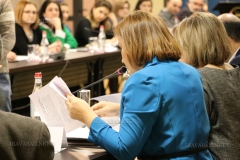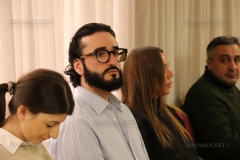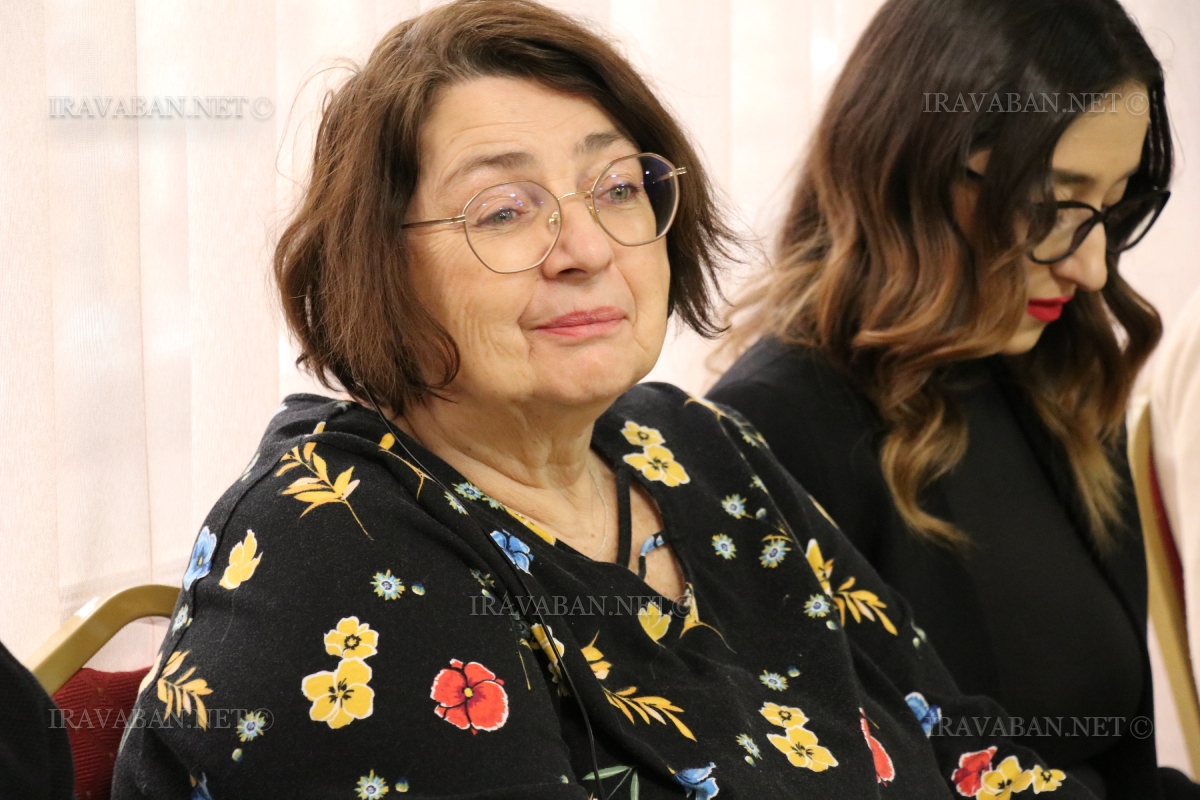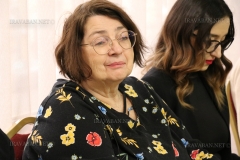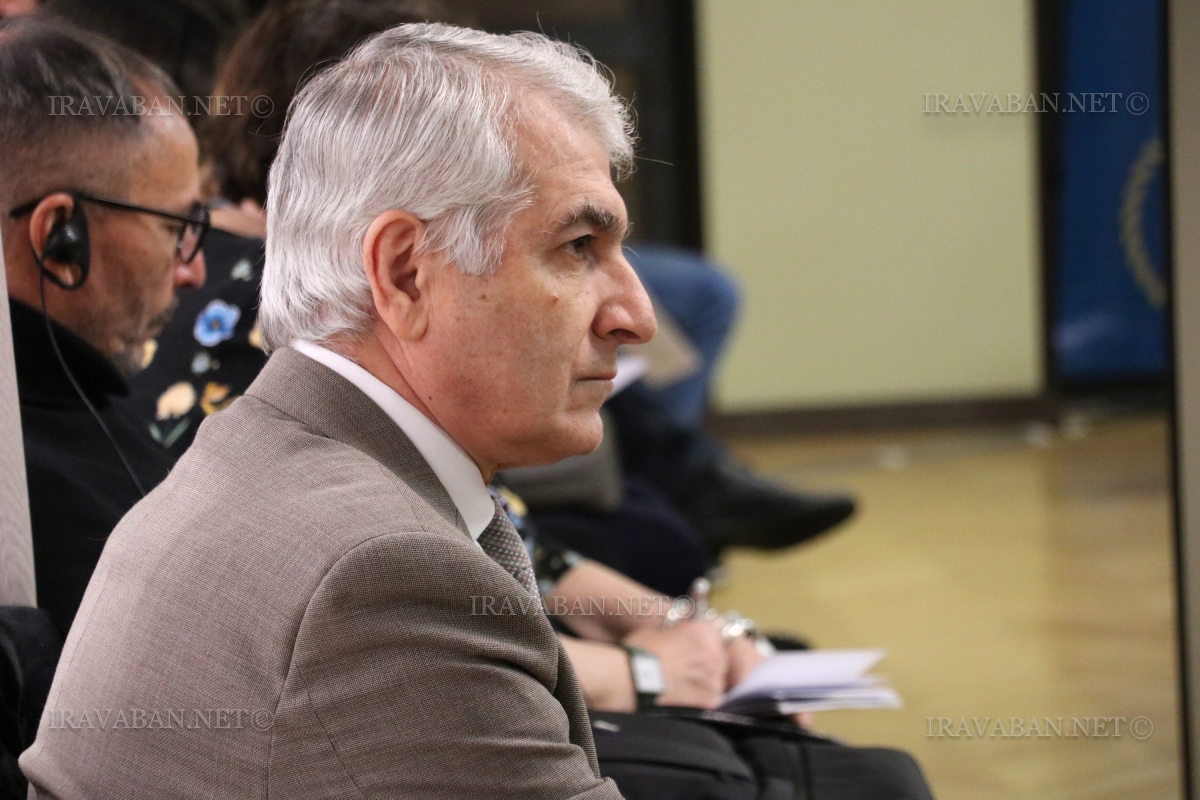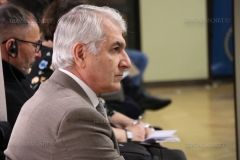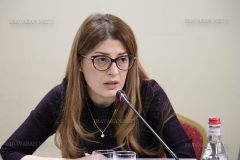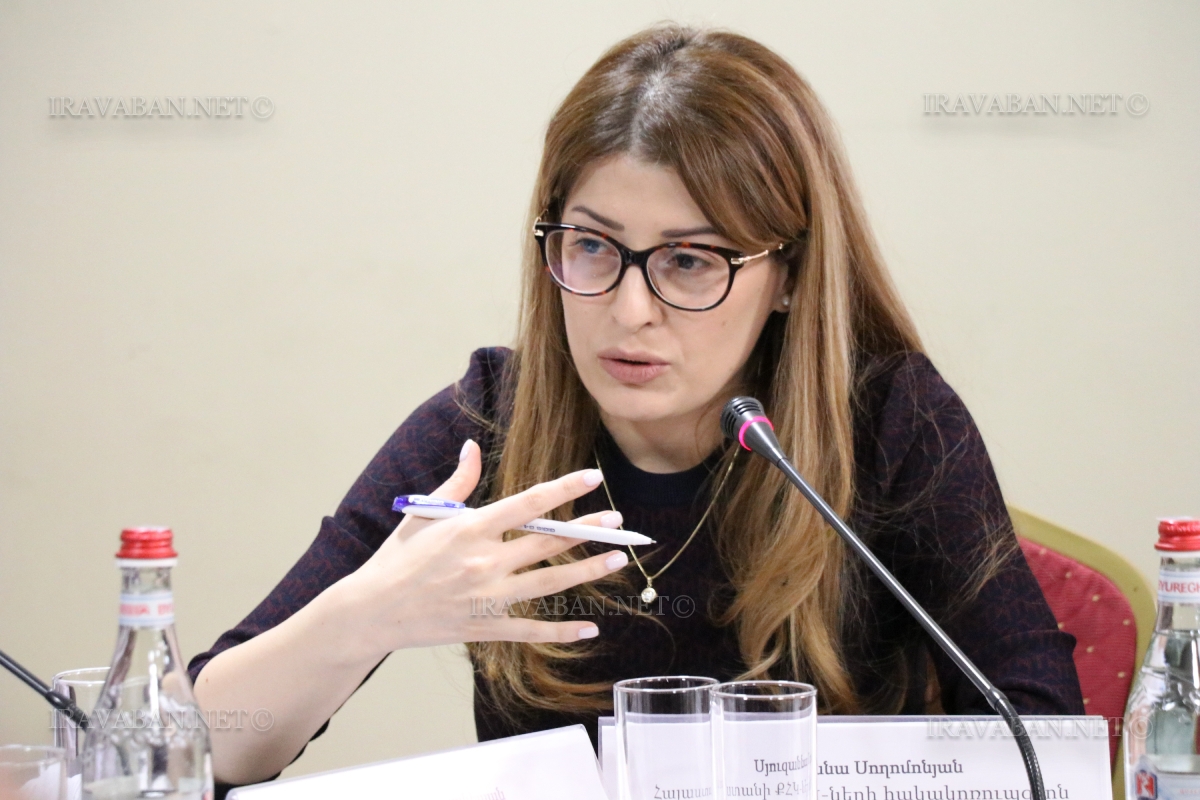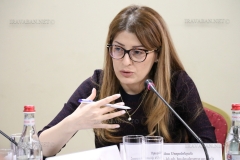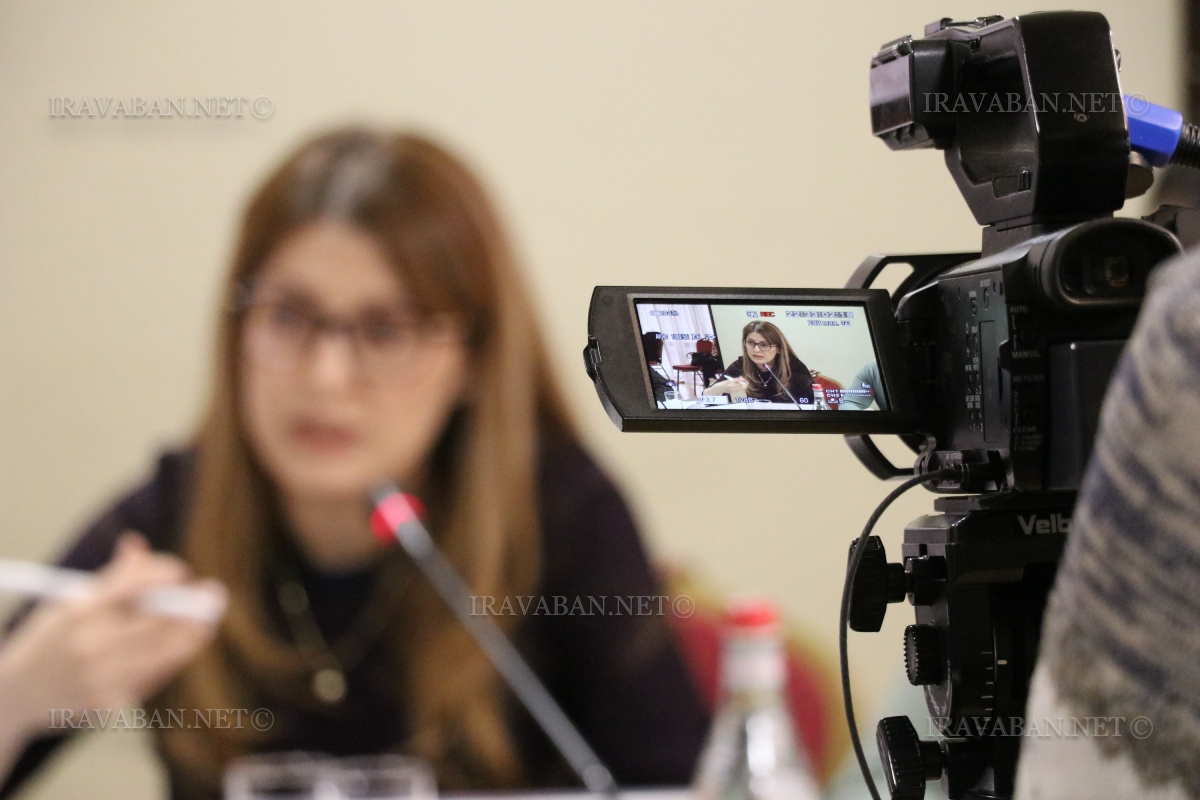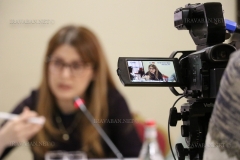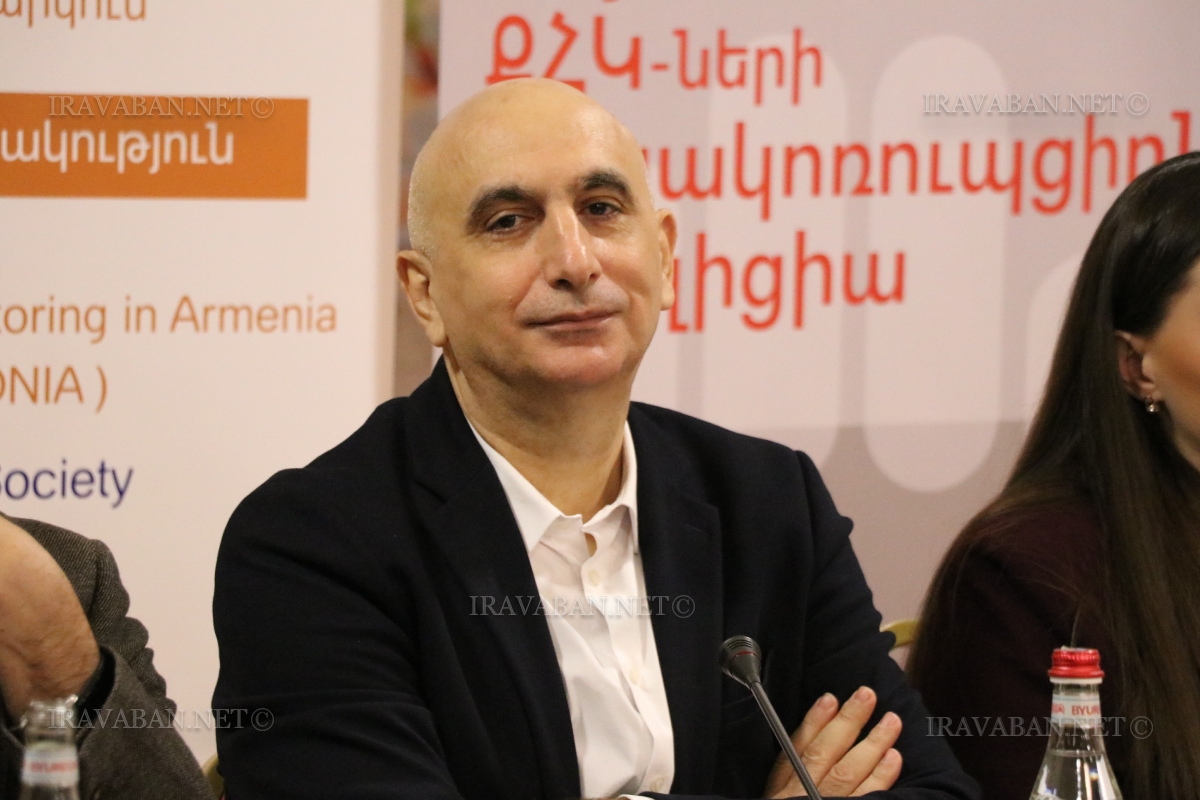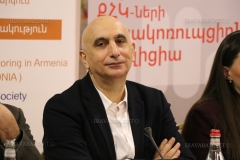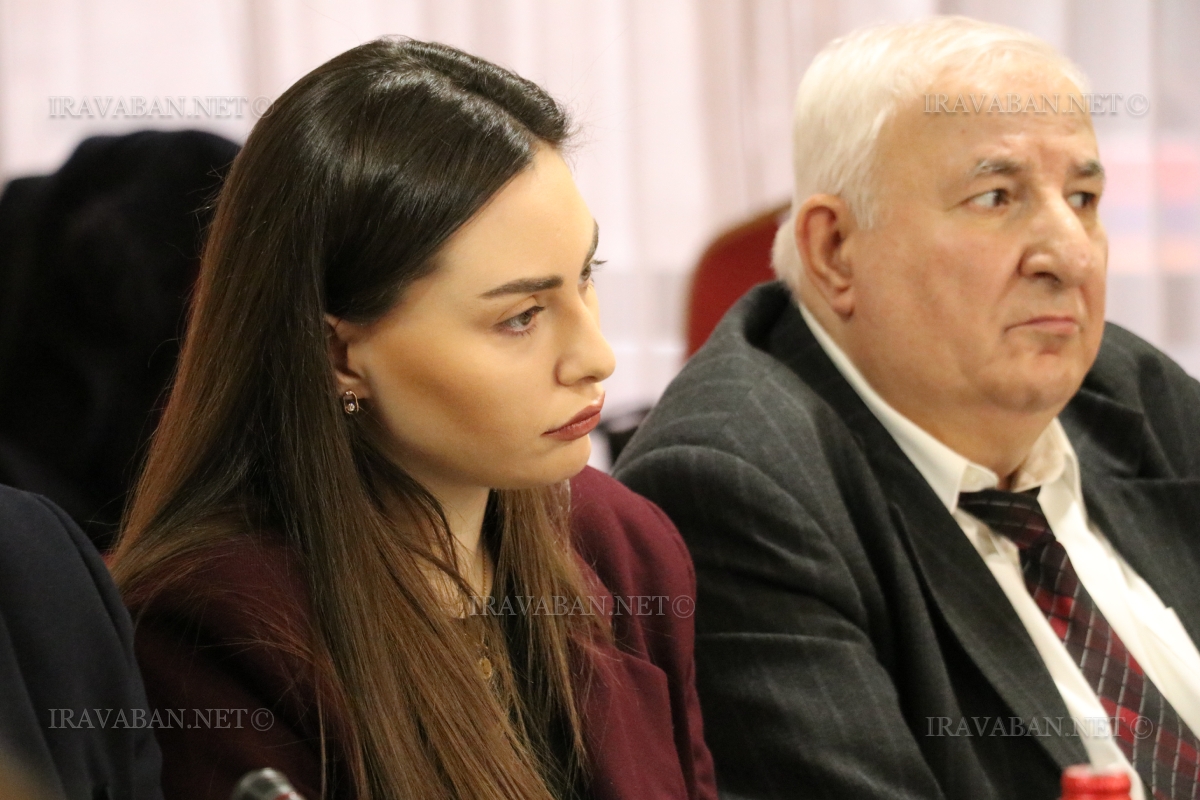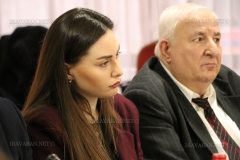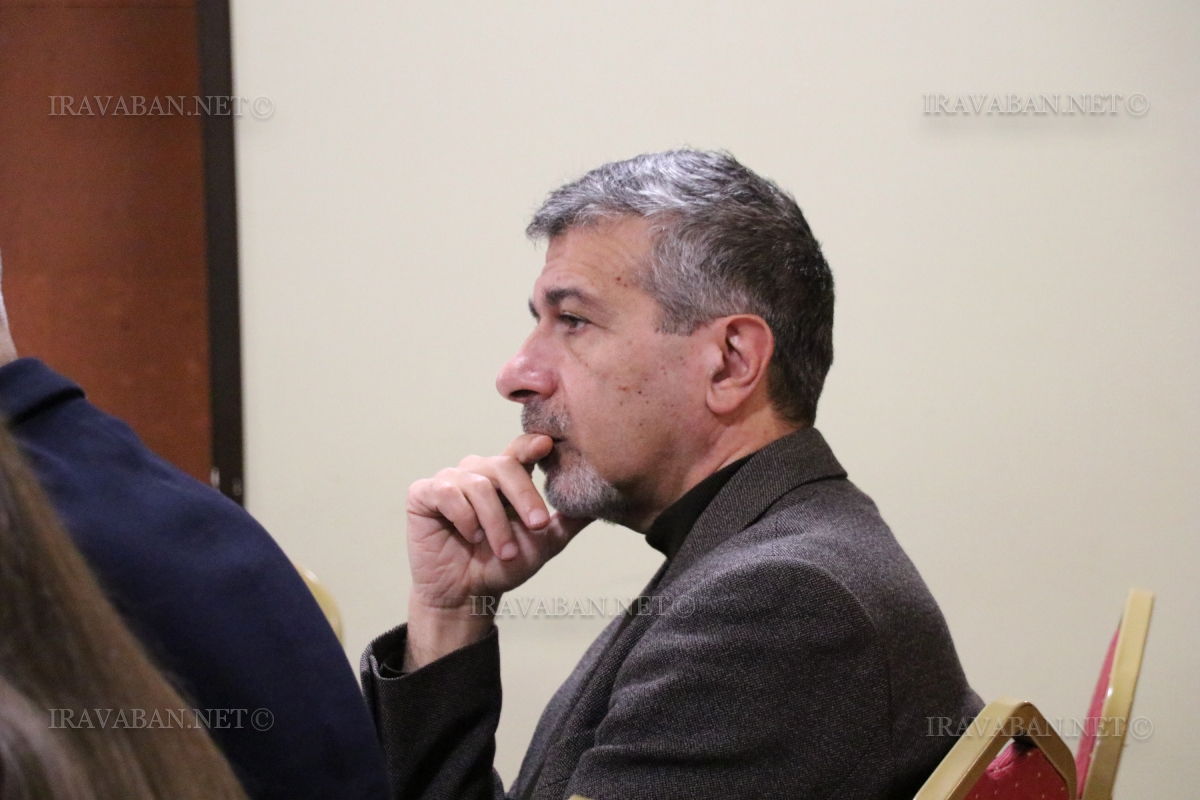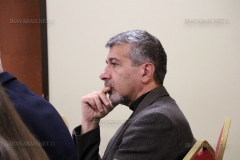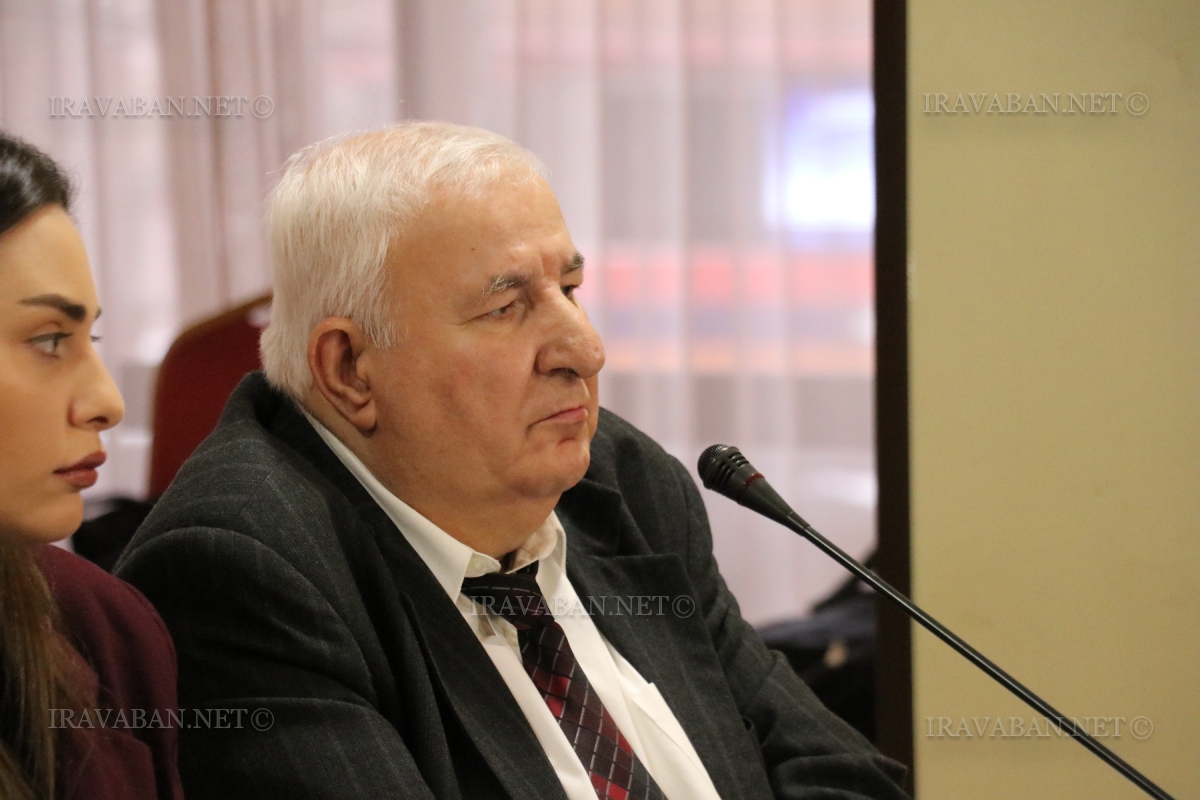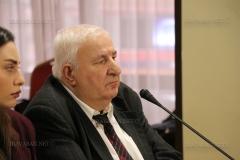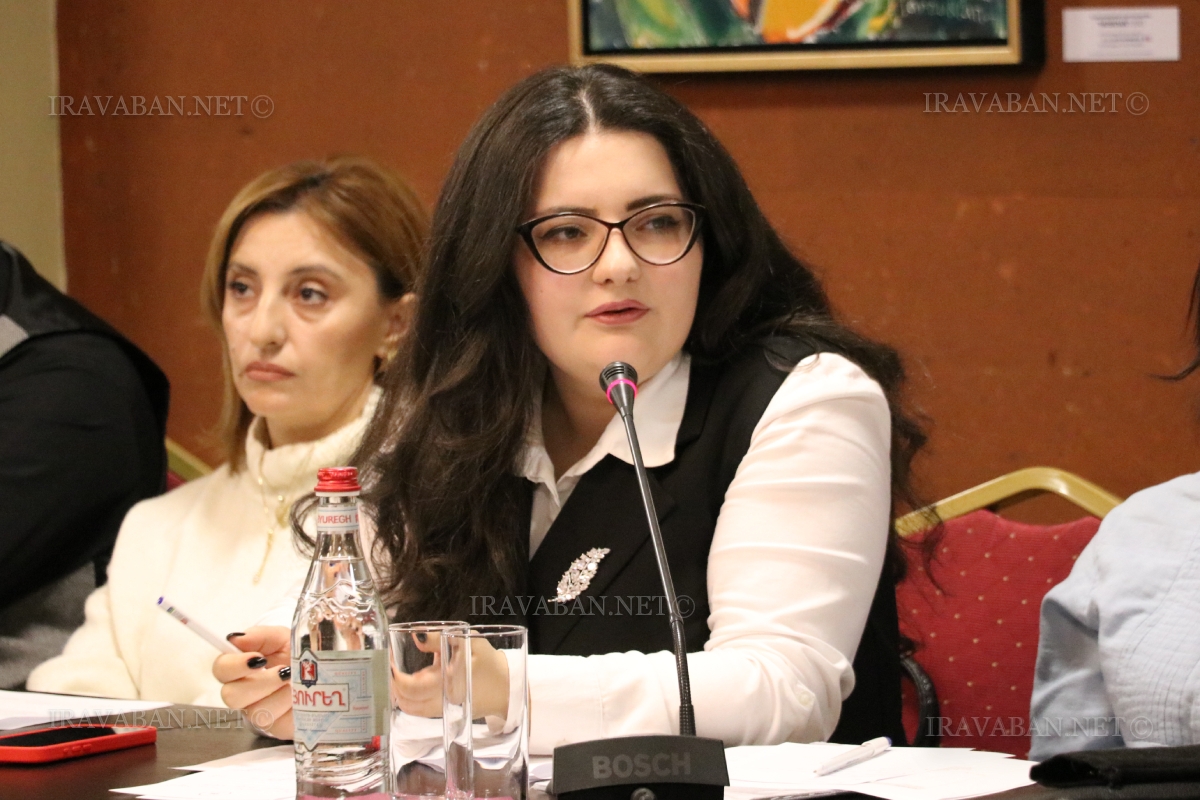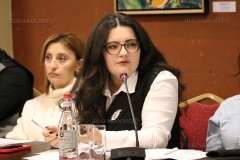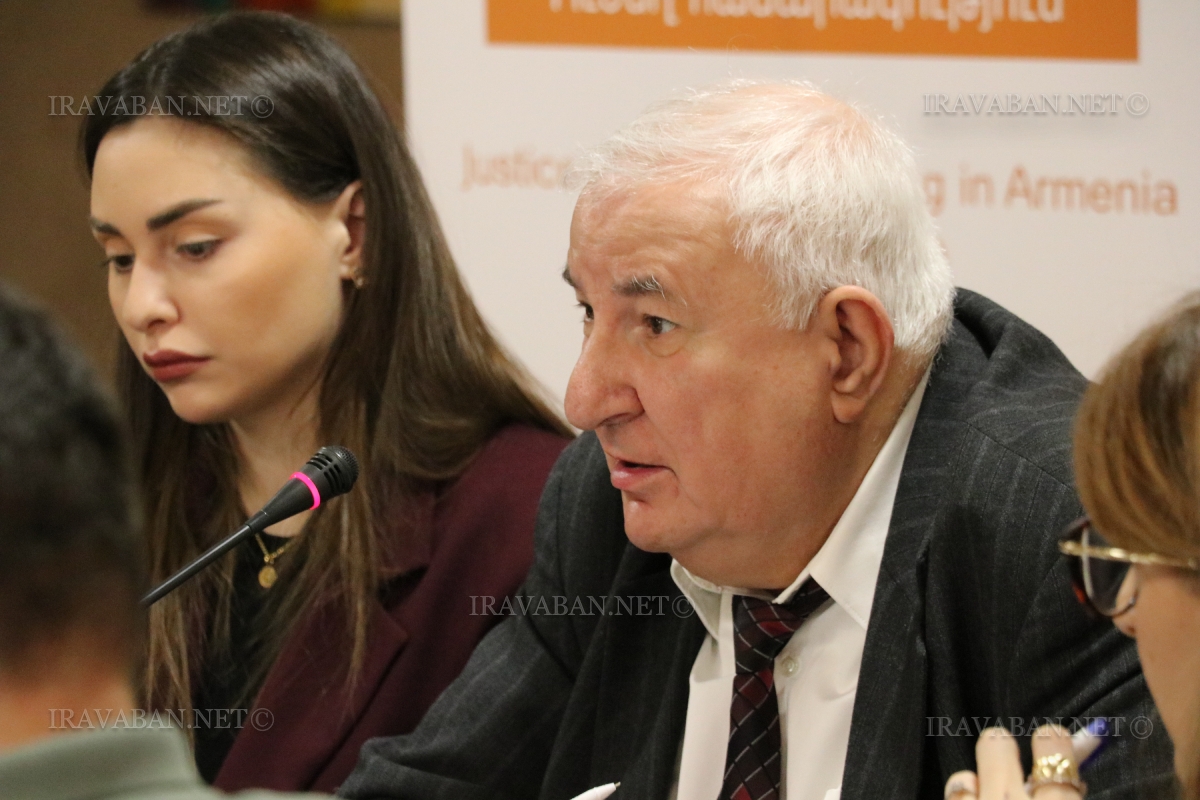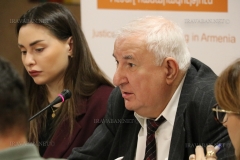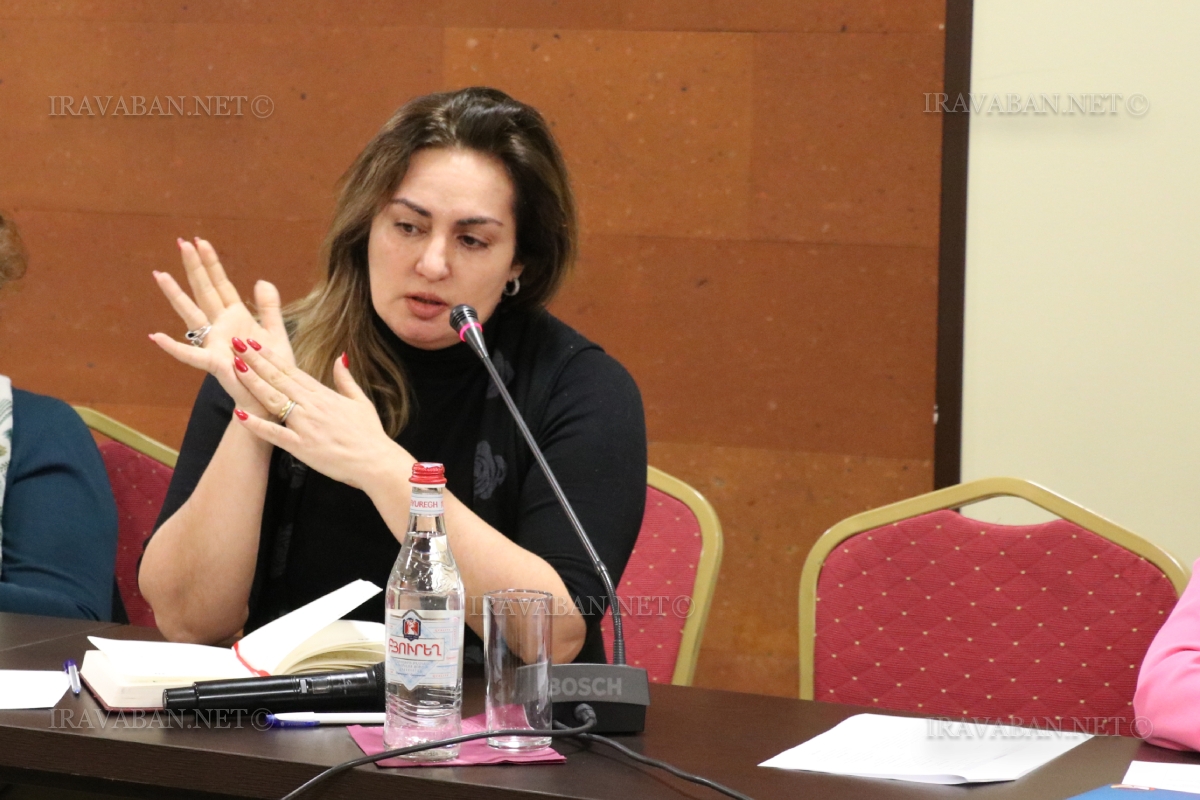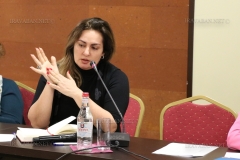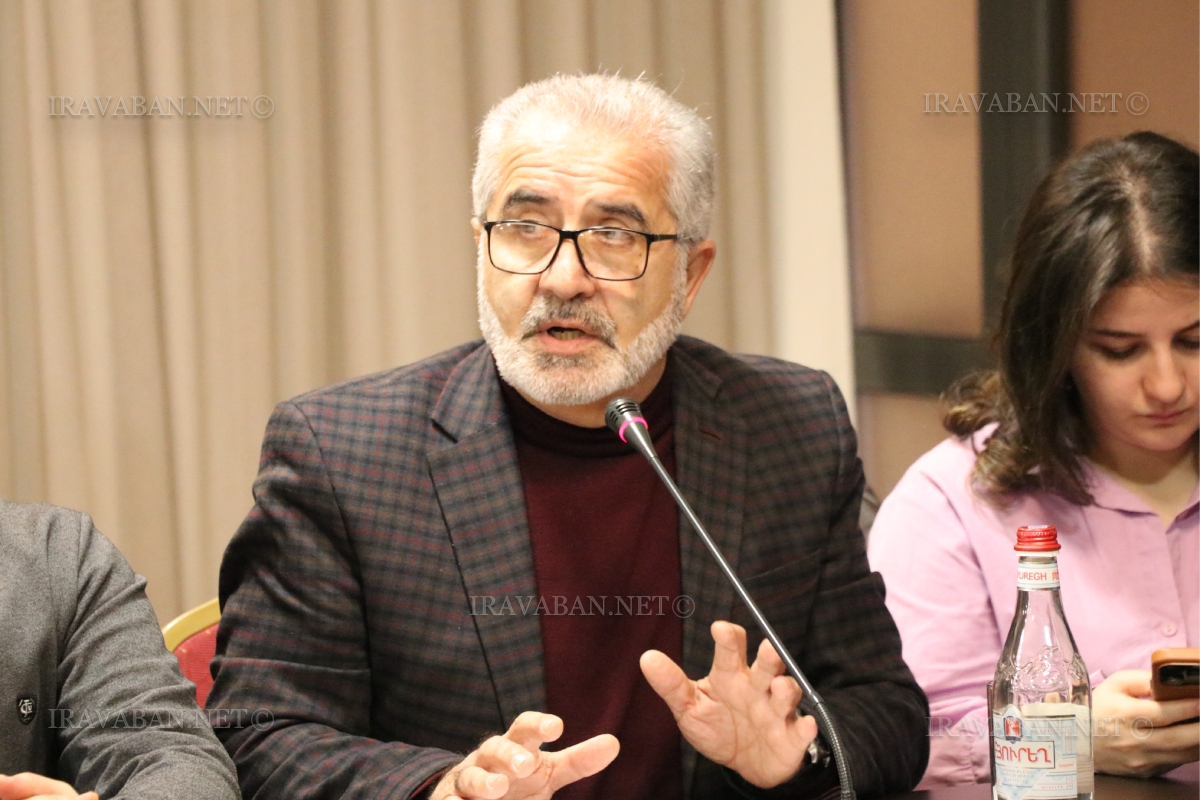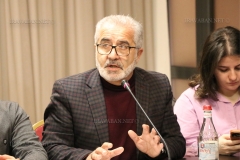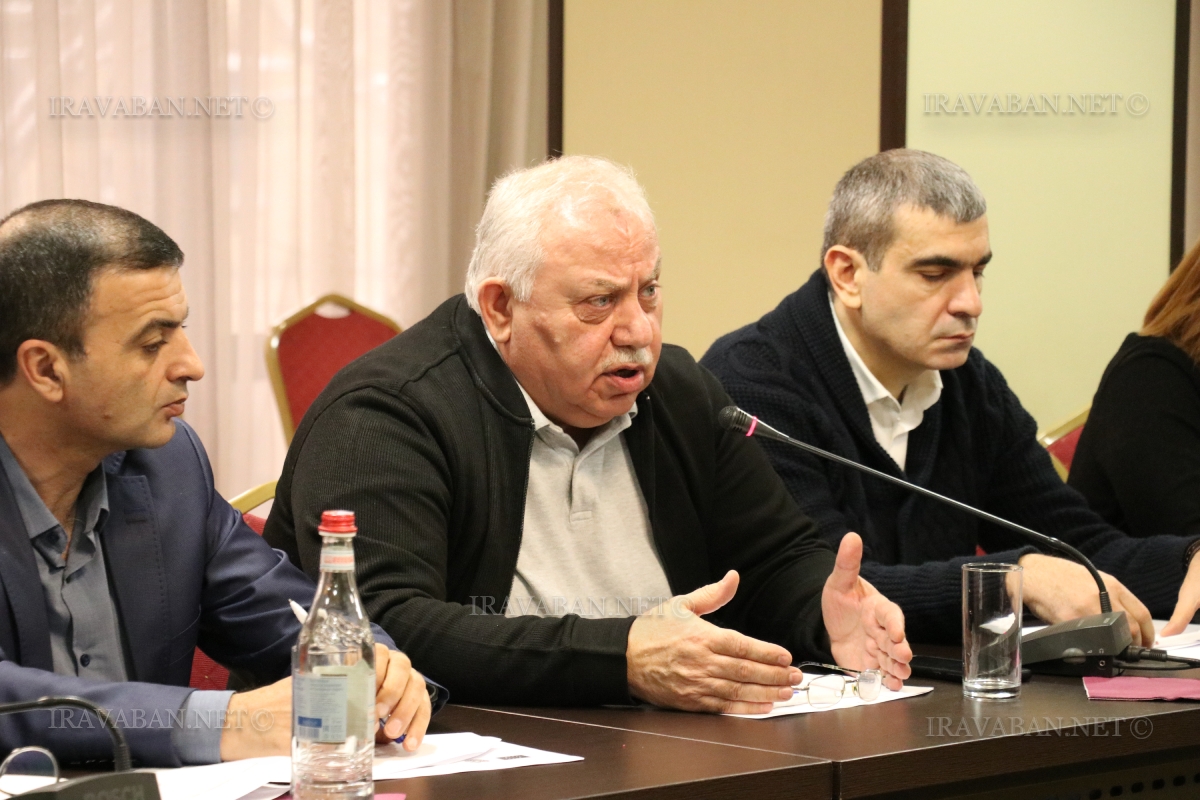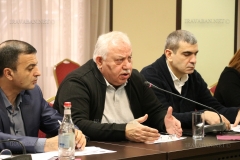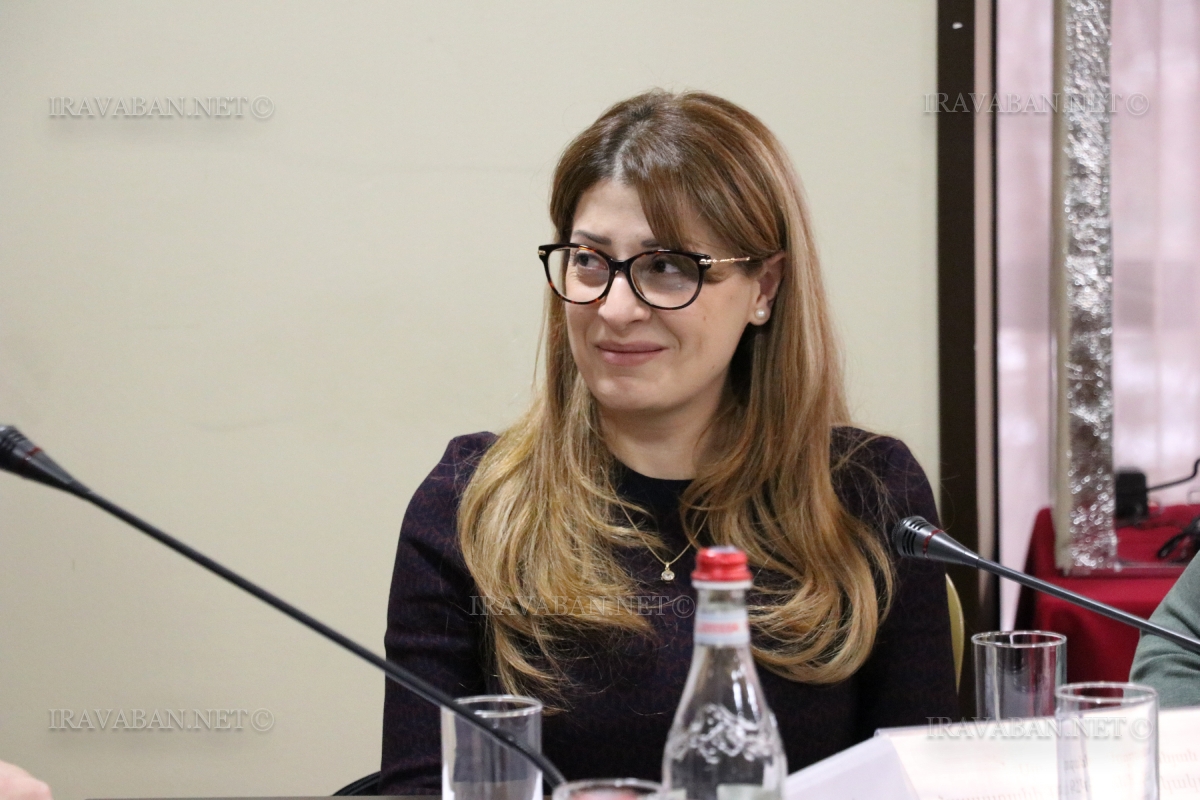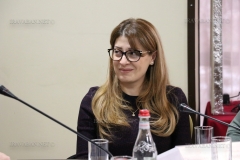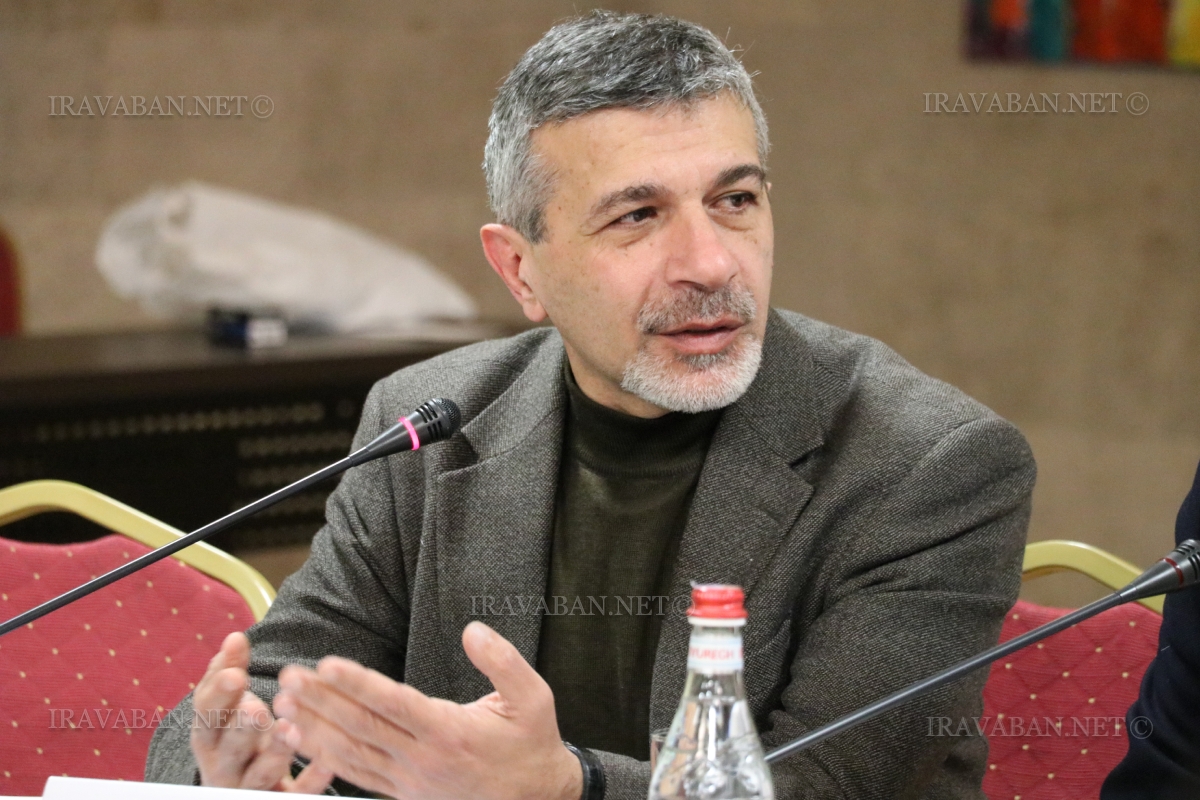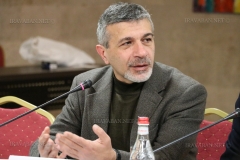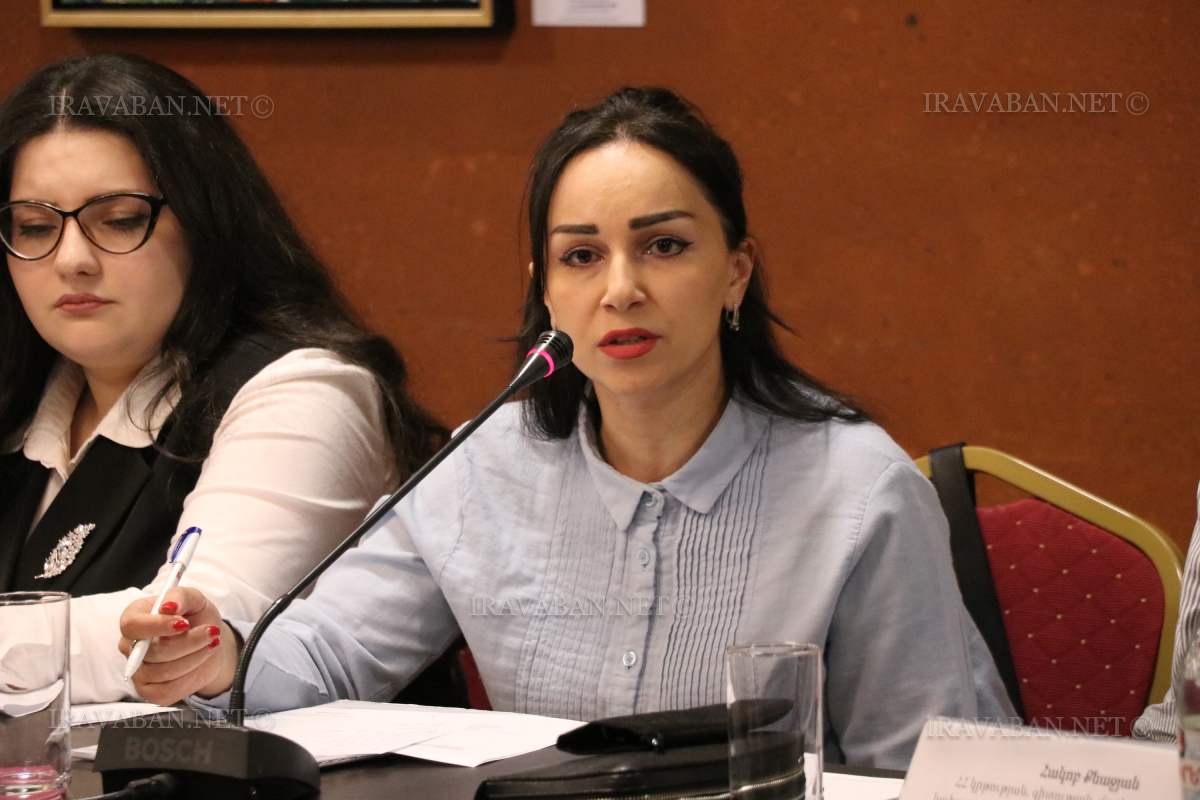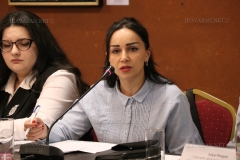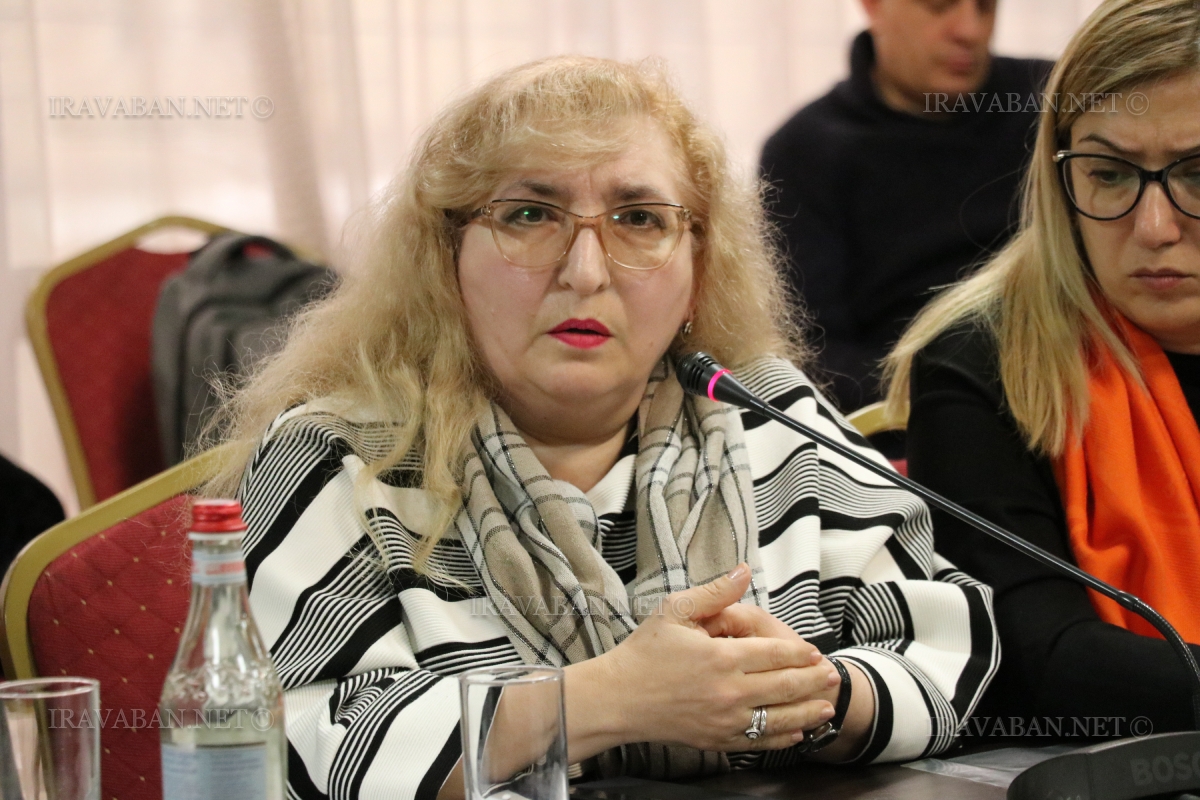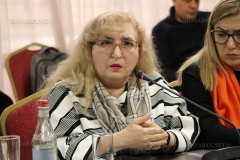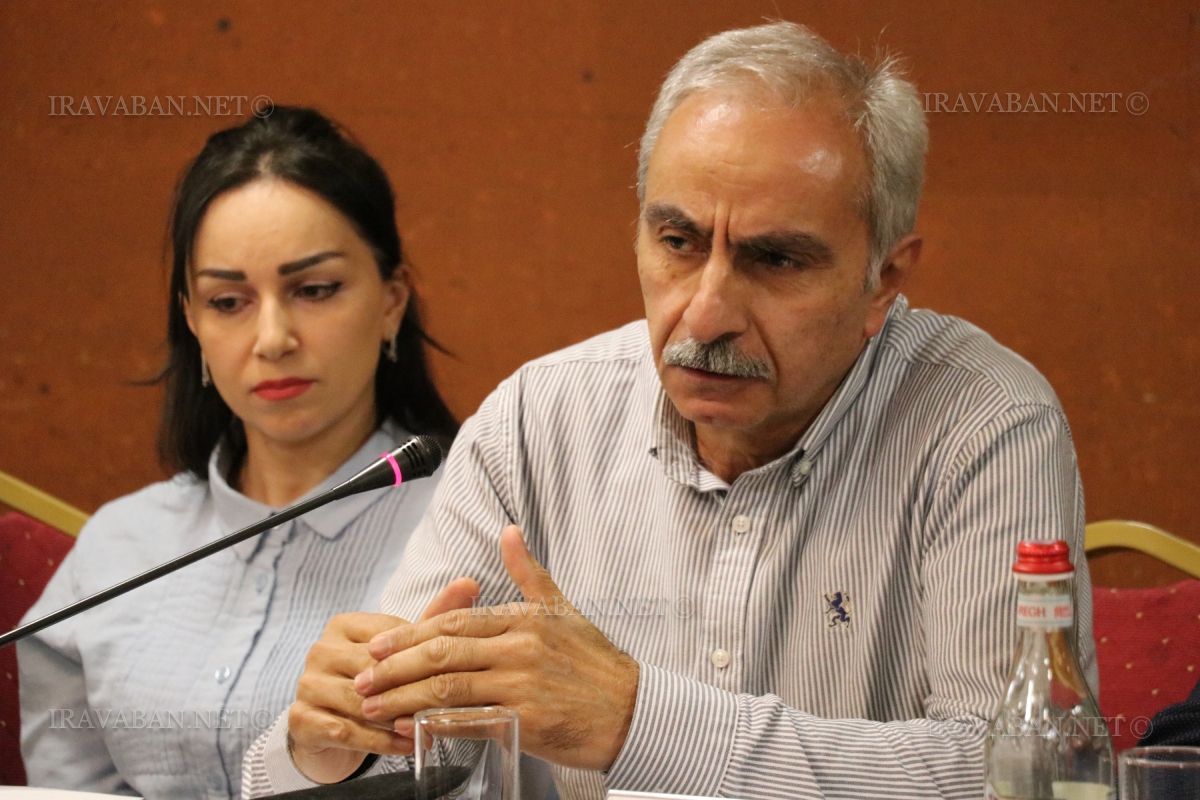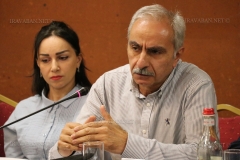Anti-Corruption Education is the Main Pillar for Fight against Corruption: the Forum Dedicated to Anti-Corruption Education and Public Awareness Issues was held
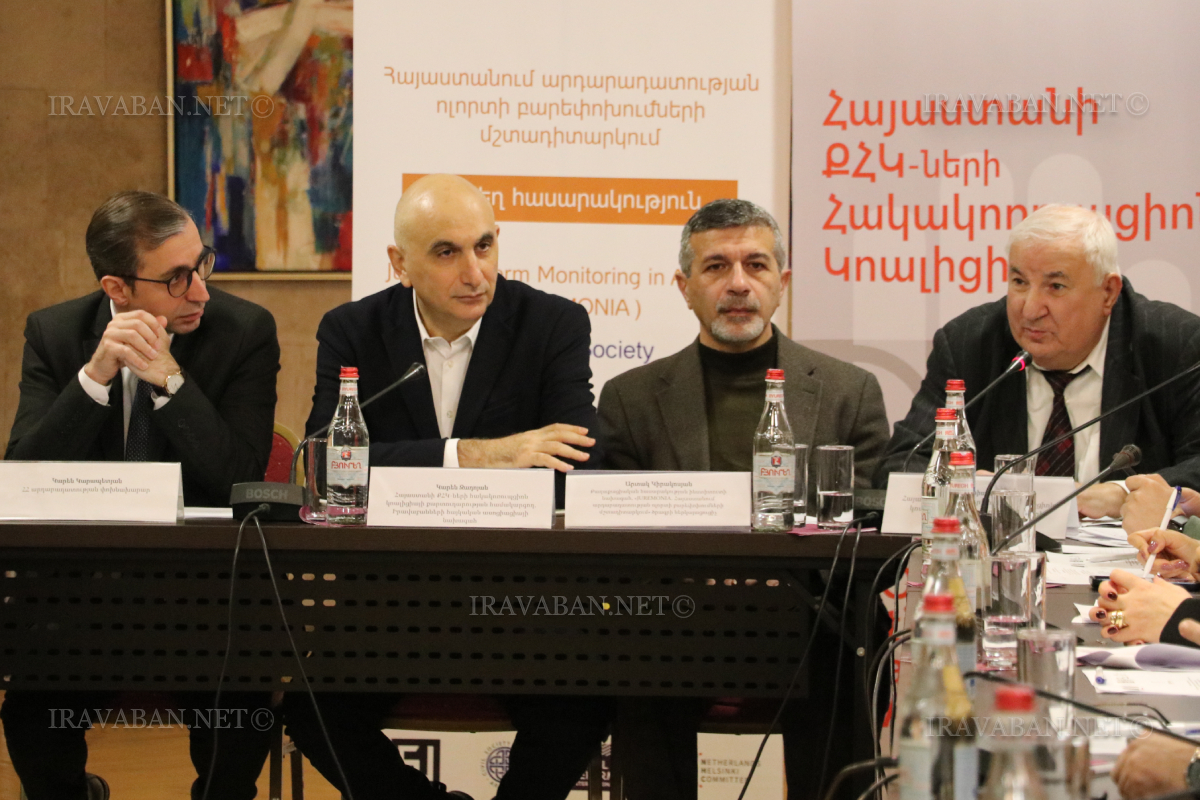
The Forum Dedicated to Anti-Corruption Education and Public Awareness Issues was held was held on January 30.
The Forum was organized and held by the CSO Anti-Corruption Coalition of Armenia, in cooperation with the Ministry of Justice of the Republic of Armenia, the First Working Group of the EaP CSF ANP, within the framework of the “JUREMONIA – Justice Reform Monitoring in Armenia” Project.
Mr. Karen Zadoyan, the President of the Armenian Lawyers’ Association, Coordinator of the Secretariat of the CSOs Anti-Corruption Coalition of Armenia in his opening speech, noted that anti-corruption education is the main of the 3 pillars of the fight against corruption. Countries that have overcome corruption have given an important place to education.
“If there is political will, but there is no support of the people, those countries fail in the anti-corruption fight. Our task is to make anti-corruption education important in the life and activities of every citizen,” Karen Zadoyan said.
According to the ALA President, the aspect of anti-corruption education in the fight against corruption is not well understood and the event is aimed at raising those issues and understanding them.
Mr. Karen Karapetyan, the Deputy Minister of Justice, noted in his speech that the fight against corruption is one of the main and priority directions of the Government. According to him, the anti-corruption education and awareness have been given a great place in accordance with the Anti-Corruption Strategy approved in October 2023.
“Problematic issues were raised as a result of the evaluation of the previous cycles. According to the results of the analysis, the priorities for the new period have been arranged. These directions of the new strategy are quite ambitious, multi-layered and broad in terms of content,” the Deputy Minister noted.
Karen Karapetyan specially emphasized the role of civil society organizations, which participated in the development of both the previous and the latest adopted Anti-Corruption Strategy, on the way to this serious and difficult work.
Mr. Artak Kirakosyan, President of the Civil Society Institute Armenia, representative of the “JUREMONIA – Justice Reform Monitoring in Armenia” Project funded by the EU, emphasizing the large number of participants in the event and their interest in the discussed issues, noted that only thanks to such cooperation results in the field of fighting corruption can be achieved.
Mr. Movses Aritsakesyan, Chairman of the Governing Board of the CSO Anti-Corruption Coalition of Armenia, welcomed the attendees and noted that holding such a forum is a new impulse for a healthy, constructive dialogue between the government and civil society. He also emphasized that the holding of such a forum supports the commitments undertaken by Armenia within the framework of the new Armenia-EU Agreement as well. According to Movses Aristakesyan, a RA citizen should learn from a young age how to fight against corruption. A culture must be formed in the republic.
Ms Lara Petrosyan, Head of the Anti-Corruption Policy Development and Monitoring Department of the Ministry of Justice of the Republic of Armenia, Ms Anna Manukyan, Head of Educational, Public Awareness Programs and Monitoring Department of the Corruption Prevention Commission, Mr. Hakob Qnajyan, Deputy Head of Legal Department RA Ministry of Education, Science, Culture and Sports of the Republic of Armenia, Responsible for Anti-Corruption Programs, Ms Suzanna Soghomonyan, Expert of CSOs Anti-Corruption Coalition of Armenia and representatives of various public organizations spoke about the need to involve professional CSOs in the matters of presentation of actions defined by the strategy, planning, development and implementation of actions, and the process of their implementation.
Ms Lara Petrosyan, Head of the Anti-Corruption Policy Development and Monitoring Department of the Ministry of Justice of the Republic of Armenia said that they plan to establish anti-corruption clubs in schools and laboratories in universities. According to her, they will provide an opportunity to carry out informal anti-corruption investigations and support the implementation of various analyses.
“The role of the Corruption Prevention Commission is very important in this case, because it is one of the corruption prevention bodies. In this direction, the development of CPC’s abilities in the field is important. It is also planned to develop unified regulations on anti-corruption education, to develop the capacities of representatives of political society for the implementation of informal education and awareness programs,” Lara Petrosyan said, adding that a communication plan was also developed.
According to her, the contribution of representatives of political society in the implementation of that plan is extremely important. Petrosyan highlighted the importance of creating a cooperation platform as well.
Ms Anna Manukyan, Head of Educational, Public Awareness Programs and Monitoring Department of the Corruption Prevention Commission, spoke about the EU Twinning program, which started in 2022 and will end in May of this year. The first component of the project is fully dedicated to anti-corruption education and awareness activities.
“Regarding the completed works: awareness campaigns were carried out among parents and pedagogues, in which more than 500 people participated both in the regions and in Yerevan. Only Syunik marz is left open, we will be there this year too,” Anna Manukyan said.
Ms Lilit Matevosyan, an Education Expert of the Commission, spoke about the work of the CPC as well.
She said that the Commission proposed to introduce anti-corruption education within the framework of various subjects, starting from the 2nd grade subject “I and the Surrounding World” to the 12th grade “Social Studies”. “Materials appropriate to its content will be introduced in the framework of each subject.”
She also noted that the methodology of periodic study of public opinion on corruption has been developed. Such studies have been carried out in the past; the World Bank said that it can provide the questionnaire in its entirety to the CPC. The Commission is going to apply that questionnaire, methodology, but if it doesn’t work, they can change it.
Mr. Hakob Qnajyan, Deputy Head of Legal Department RA Ministry of Education, Science, Culture and Sports of the Republic of Armenia, Responsible for Anti-Corruption Programs, said that in order to achieve the goals set by the strategy, the cooperation of the broad sections of the society with the representatives of the education sector is very important.
According to Hakob Knajyan, it is important to have a unified approach to the implementation of anti-corruption educational programs in the field of education, thanks to which it will be possible to understand what the state means by “corruption” from pre-school educational program to post-secondary education. “It is very important to have a legal act that will establish regulations regarding anti-corruption educational programs and will not be in conflict with other legal acts.”
Ms Suzanna Soghomonyan, Anti-Corruption Expert of CSOs Anti-Corruption Coalition of Armenia, presented her observations and recommendations regarding the discussed issues. She noted that earlier, less space was allocated to anti-corruption education and public awareness than to prevention, thus establishing an atmosphere of impunity.
“From that point of view, the development process of the 5th strategy was quite exemplary and participatory. Anti-corruption education and public awareness have been put on quite serious foundations. The first thing that I have to highlight here is the volume of work performed in general education universities,” Suzanna Soghomyan said.
The expert also presented the experience of the Anti-Corruption School for Young Leaders organized by the Armenian Lawyers’ Association, adding that the students of the school are now working in various state systems, local governments, and use the knowledge they have received in their work.
Suzanna Soghomonyan informed that the educational process pf the last, 9th stream of the school was held in different formats. Over the course of 2 months, the students visited about 2 dozen state bodies and had master classes with leading experts in the field. Training in the school was carried out in 5 stages: online, with master classes and practical skills, public awareness, advanced and final stages. “This will affect not only the raising of the education level of the public, but this potential will be used for the benefit of the anti-corruption fight in the republic,” Soghomonyan concluded.
Then the attendees shared their concerns, asked questions to the representatives of the structures coordinating the relevant fields and discussed the actions presented by the strategy, which are related to anti-corruption education and public awareness.
The CPC representatives spoke about the problems in schools, for example, the culture of “thanking” teachers materially, as well as the problems in the selection of principals. Proposals were also made regarding the necessity of creating social advertisements and making changes to the “Law on Advertising”.
Mr. Hakob Qnajyan, Deputy Head of Legal Department RA Ministry of Education, Science, Culture and Sports of the Republic of Armenia, Responsible for Anti-Corruption Programs, spoke about the implementation of anti-corruption educational programs within the framework of formal education .
According to him, topics on ethics and integrity will be introduced in the curricula of 5-6 year old children, that is, preschool educational institutions.
Pedagogues who will work with children will be trained and will be able to evaluate the anti-corruption policy of the state and convey it to children in kindergarten, and further to schoolchildren and students.
“In addition, financing of scientific programs, granting of scholarships for studying in foreign universities, opening of laboratories is planned by the accepted Strategy. We will train specialists in universities, who will start working in the anti-corruption field,” Hakob Qnajyan,said.
Ms Suzanna Soghomonyan, Anti-Corruption Expert of CSOs Anti-Corruption Coalition of Armenia, referring to formal education, noted that the changes regarding the financing of scientific and master’s programs, which were adopted by the strategy, are important.
The expert also emphasized the training of lecturers in universities, as well as the methodology of the works. “I call; I urge that all these documents are submitted for public discussion, and only then accepted.”
The attendees shared their impressions, opinions and concerns regarding the topic. The participants of the forum emphasized the participation and involvement of CSOs in the ongoing processes as well.
It should also be noted that the opinions and recommendations made during the forum will be collected and presented to the relevant bodies in order to further strengthen the upcoming cooperation.
Representatives from a number of RA state bodies, including the Ministry of Justice, the Investigative Committee, the Anti-Corruption Committee, the Ministry of High-Tech Industry, the Ministry of Education, Science, Culture and Sports, the Ministry of Internal Affairs, the Corruption Prevention Commission, Yerevan Municipality, the Bulgarian Embassy in Armenia, French Embassy in Armenia, the Council of Public Broadcaster of Armenia, Education Inspectorate, “Penal Reform International” (PRI) International Organization, Center for International and Comparative Law, EU Twinning Program, National Polytechnic University of Armenia, French University of Armenia, American University of Armenia, V. Brusov State University, Council of Europe Office in Yerevan and a number of CSOs attended the event.
Details in the videos

